Keck School of Medicine of USC
Department of Population and Public Health Sciences
2023-2024 Annual Report

Chair's Message
Howard Hu, MD, MPH, ScD, Flora L. Thornton Chair and Professor of Population and Public Health, Department of Population and Public Health Sciences, Keck School of Medicine of USC
There is so much to be proud of as we marshal our thoughts about our department’s achievements in our second annual report. As touched on within, once again, we have ranked #2 in NIH funding amongst our peers, demonstrating an endorsement of the quality as well as the scale of the research we are leading in a multitude of areas. Our faculty continue to be recognized as leaders in their fields, with, for example, Professor Fejzo being named as one of Time Magazine’s 'Women of the Year' for her ground-breaking work deciphering the causes of hyperemesis gravidarum – a condition that plagues pregnant women world-wide. Our researchers are making key discoveries on the threats to human health from chemicals in e-cigarettes and environmental contaminants such as PFAS. We continue to grow our footprint of community-based participatory research – both in Los Angeles and abroad – via truly bidirectional interactions that actively involve members of society in planning research and uncovering solutions that prevent disease and advance overall well-being. The Department and the Institute on Inequalities in Global Health, which is directed by our faculty, hosted USC’s first ever global health symposium. The event brought together scholars from across USC and the world for an afternoon of sharing our work and developing new partnerships. And throughout everything mentioned, students are involved in hands-on capacities, as training the next generation of health leaders continues to be at the heart of our mission. There is so much more – including many stories you’ll find enriched with links to faculty videos and to podcasts, which are part our new series, “Preventive Pros.”
On the other hand, the world feels more unsettled than ever. It is impossible to ignore the wars raging in Ukraine, Gaza and elsewhere; the agony of the many, and many more who have been rendered homeless here in California and elsewhere in the United States; the plight of the estimated 110 million refugees world-wide who have been forcibly displaced as a result of persecution, conflict, violence, human rights violations or other catastrophic events; and the challenges posed to addressing these and other problems by stressed governments and the toxicity of today’s political and civil discourse.
It may feel overwhelming. And yet, we are playing a critical role in providing the foundation for near-term as well as long-term solutions. Through our research, education and service, we are providing the evidence and the professionals who can render populations healthier and more resilient to the stresses of modern life and strife. Our work addressing deep-rooted disparities in health and healthcare access reduce some of the very inequalities that create social tensions and conflict. We have even begun initiatives to tackle the mitigation strategies that are needed to address climate change as a threat to health and well-being, and as one of the greatest public health threats of all time.
In these pages, I hope you will find stories that can inspire you as we work together to advance discovery, innovation, collaboration and action in the name of population and public health. Thank you for visiting us and joining in this effort.
Warmly and with gratitude,
Howard Hu, MD, MPH, ScD
Flora L. Thornton Chair and Professor of Population and Public Health Sciences
Department of Population and Public Health Sciences
Mission and Vision
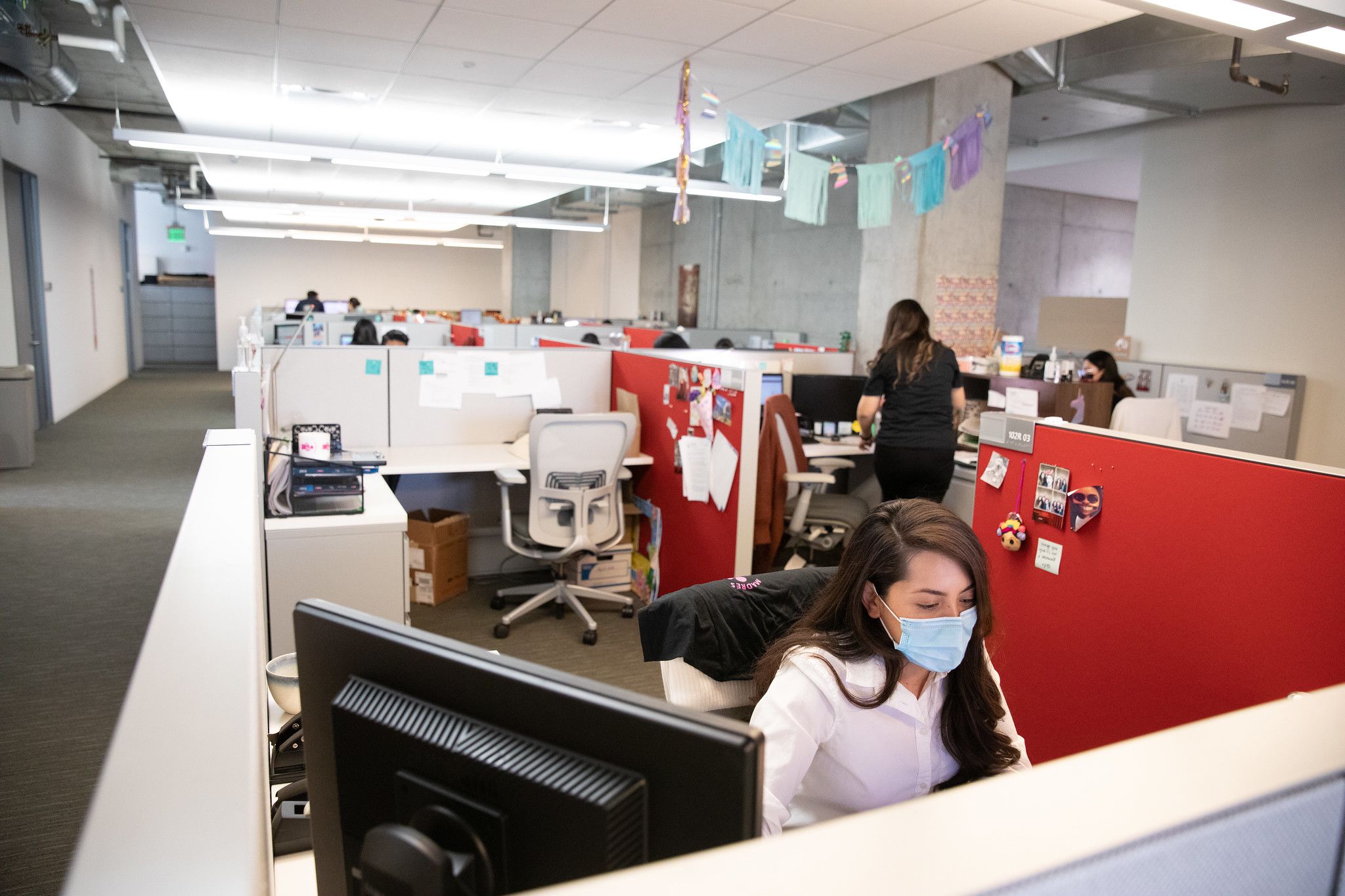
Through discovery, training and action, we are solving public health and health equity challenges, from local to global, for today and tomorrow.
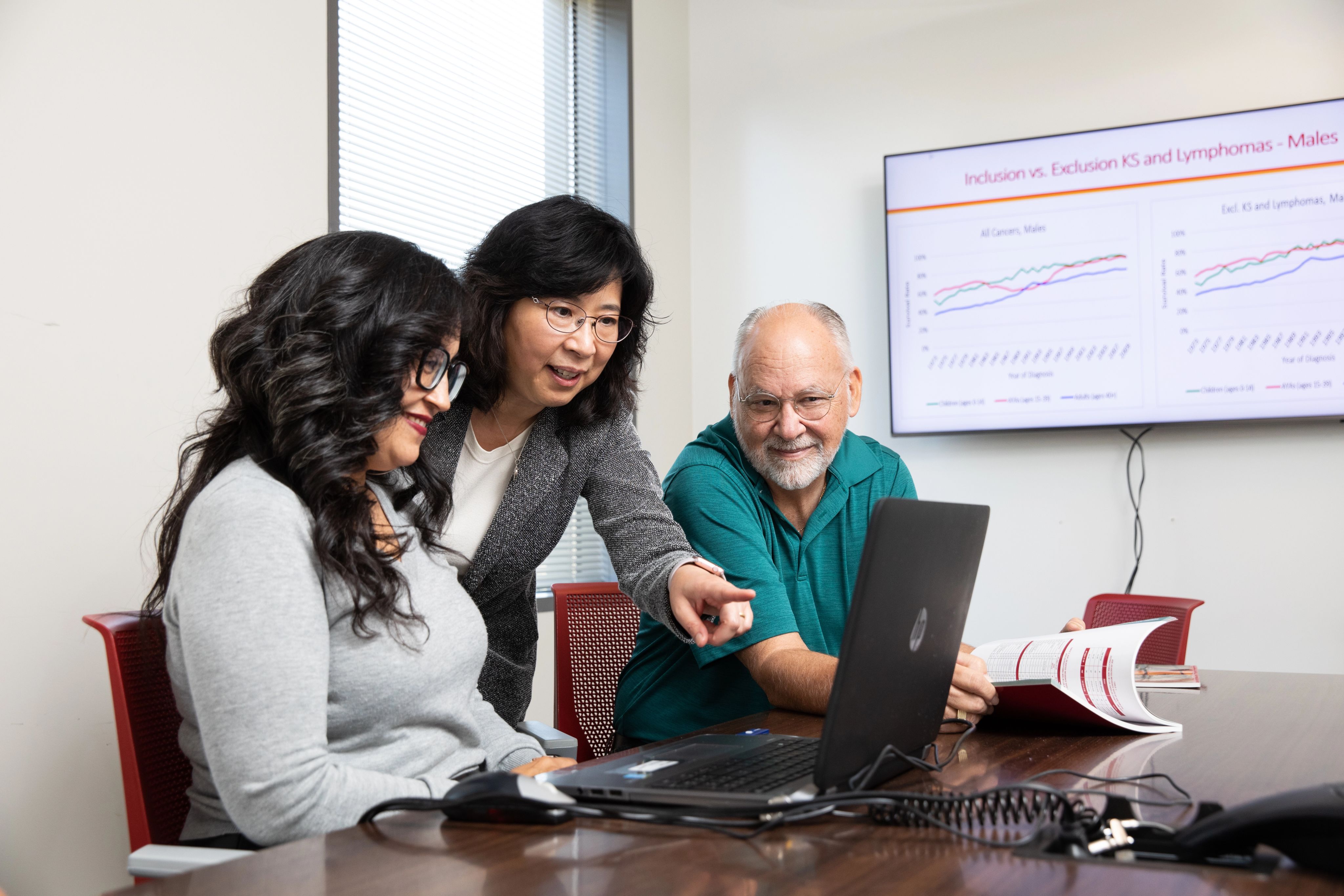
We pursue high-impact, transdisciplinary research; translate and communicate knowledge; and train outstanding students, professionals, future researchers, educators and leaders.
By the Numbers
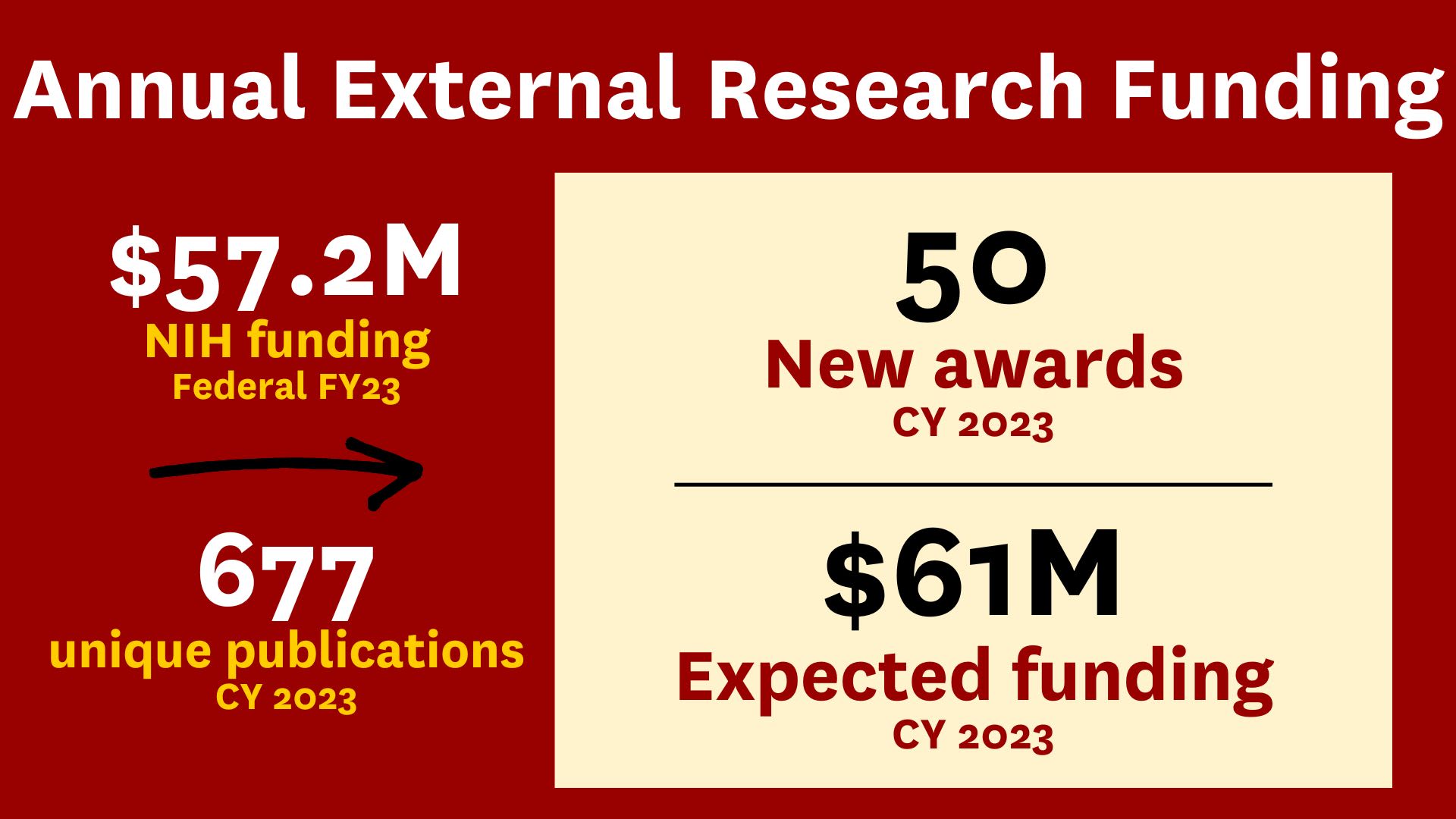
#2
in NIH funding nationally
190
Faculty
-
124 full-time faculty
31 joint faculty
35 adjunct faculty
295+
Staff
48
Interdisciplinary Units
-
3 Institutes
18 Centers
27 Laboratories
200+
Community partners
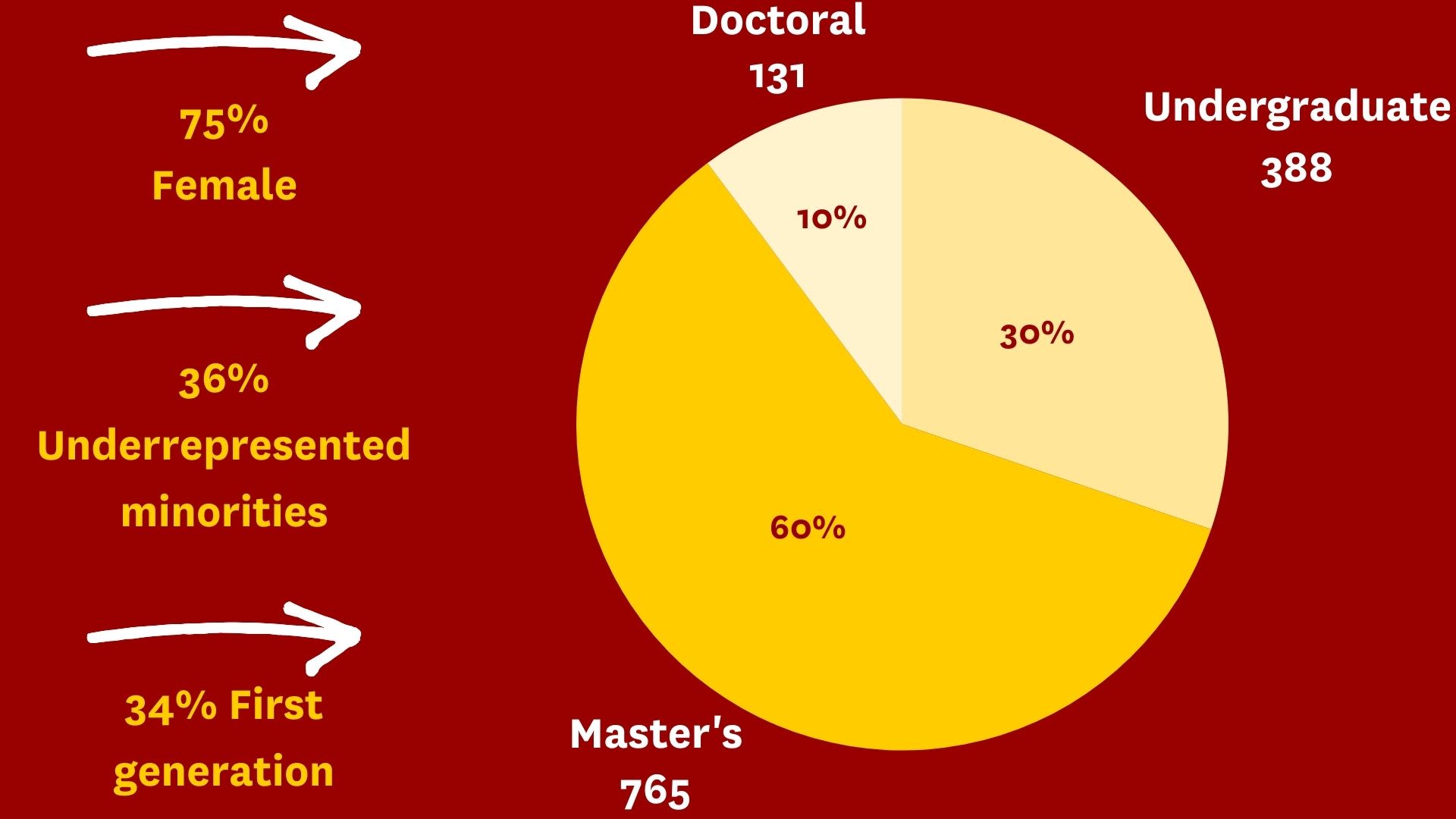
1284
Students
academic year 2023-2024
4200+
Alumni
13
Degree programs
How We Stand Out
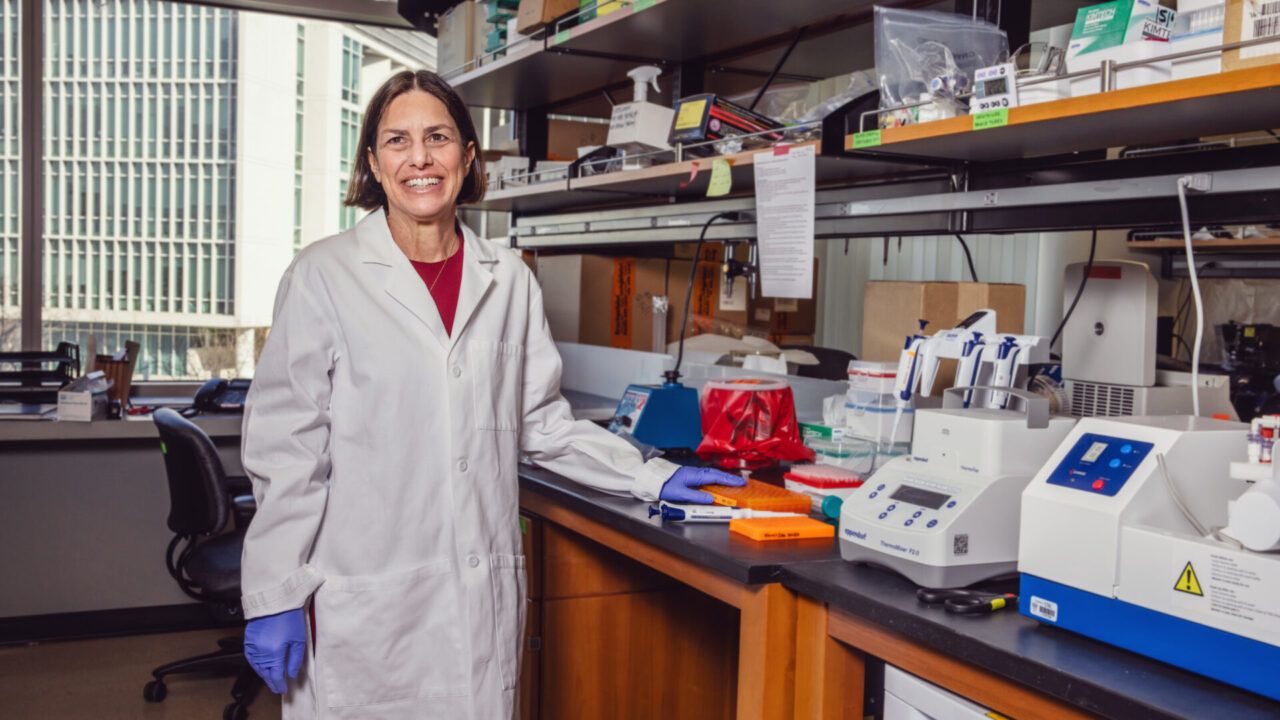
Leading critical areas of health research
We are leading research and discovery in cancer, obesity and other metabolic diseases, genetic epidemiology, social and environmental determinants of health, and more. Through our commitment to advancing health equity, our large cohorts, and strengths in areas like data science, clinical trials and implementation science, we produce findings that translate to real impact for individuals, communities, and providers.
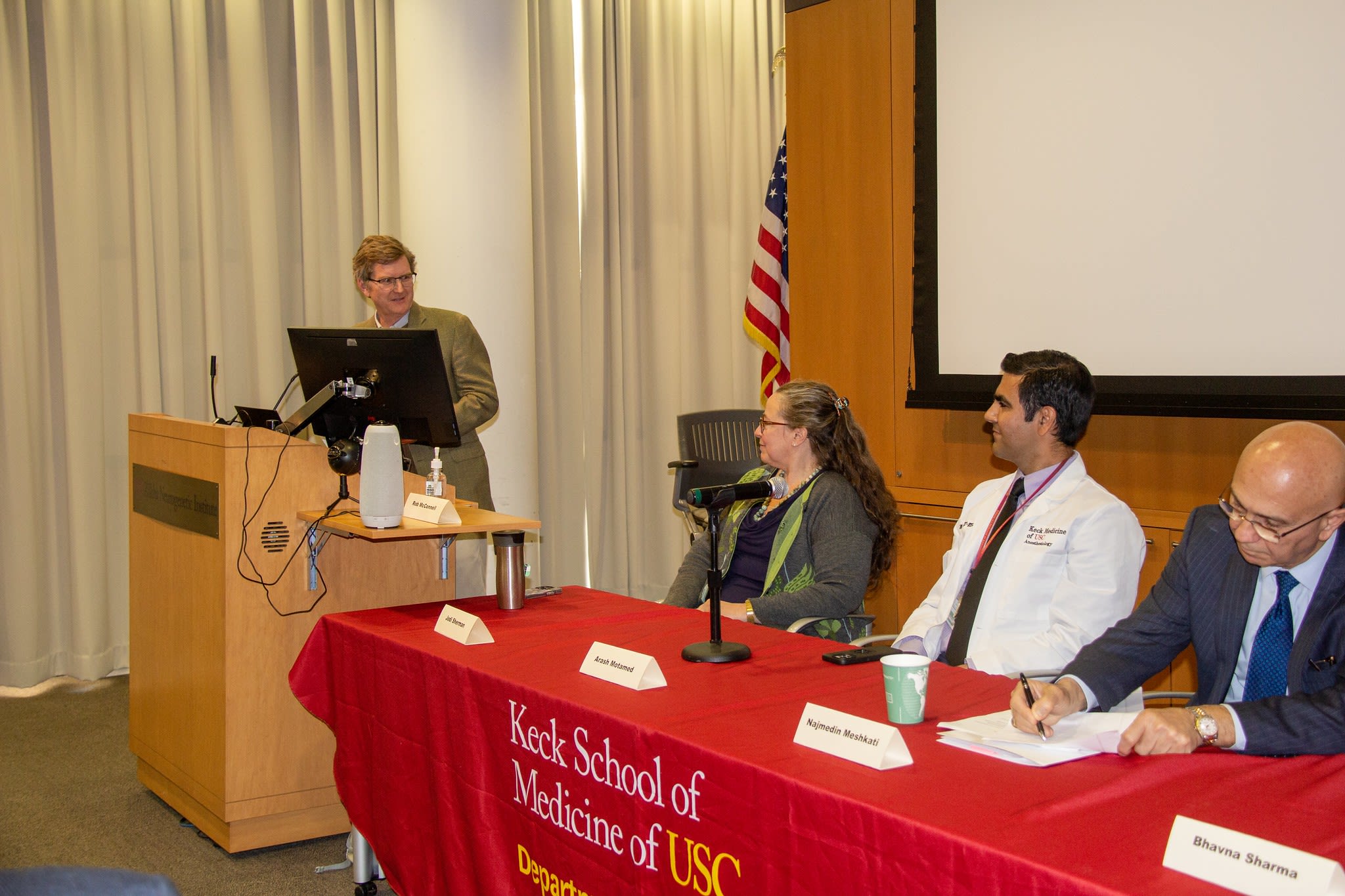
Collaborative, transdisciplinary work
We are addressing complex, society-wide problems that often overlap and intersect, and as population and public health researchers and advocates, we consider transdisciplinary collaboration with experts inside and outside of USC invaluable. Regular collaborations enrich our large variety of studies and initiatives, and ensure they are effective and impactful.

A community-first approach to action and impact
We are engaged in community bidirectional partnerships where research is applied, and findings are translated into policy and action. Whether working with our neighbors in Los Angeles, or in a rural village across the world, our aim is to be an equal partner in improving community health outcomes while respecting culture, history and traditions.
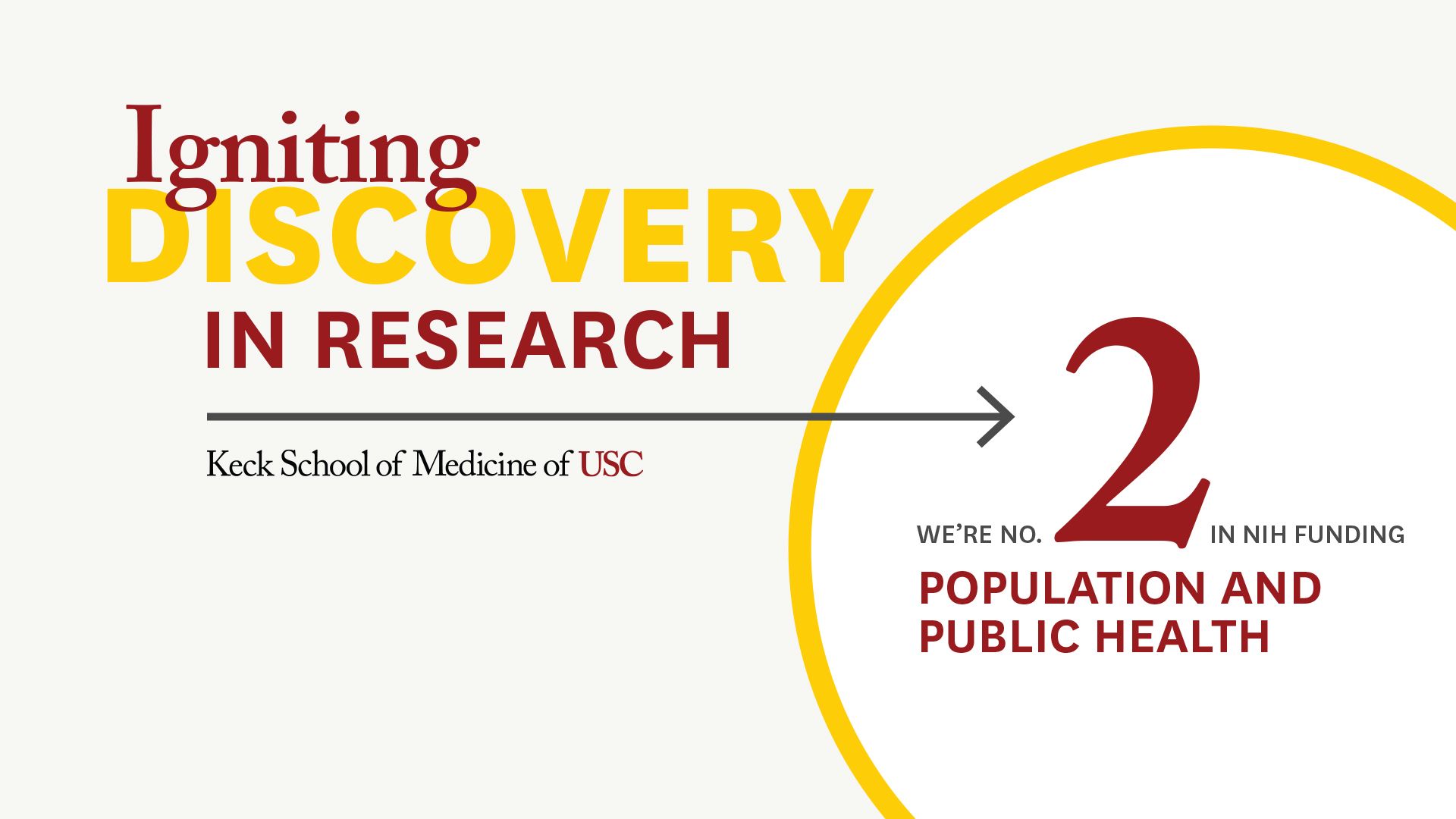
#2 in NIH funding
Our department currently ranks #2 in terms of NIH funding nationally, and has ranked in the top 3 since 2006. A testament to the brilliance and tenacity of our researchers, it also speaks to the breadth and depth of our work as a whole across population and public health. This high level of funding enables us to continue making groundbreaking discoveries and create positive impact on health outcomes.
Education & Training

Educating Future Health Leaders

MPH program receives perfect score and a full 7 years of re-accreditation
The Master of Public Health program, under the leadership of Amie Hwang, PhD, MPH, and Farzana Choudhury, MBBS, PhD, received a perfect score during re-accreditation with the Council on Education for Public Health (CEPH).

New course introduces climate education and action-learning in public health
A new course on climate change and sustainability introduces students to a wide range of climate health areas, including the foundations of climate science, climate justice, climate coloniality, climate vulnerability, politics of climate change, geoengineering, and climate ethics, and climate communications. Faculty member Ans Irfan, MD, EdD, DrPH, ScD, MPH, MRPL, developed the course to enable students to actively contribute to social mobilization around climate change by developing climate and science communications skills and generating public scholarship to raise awareness and mobilize climate action.
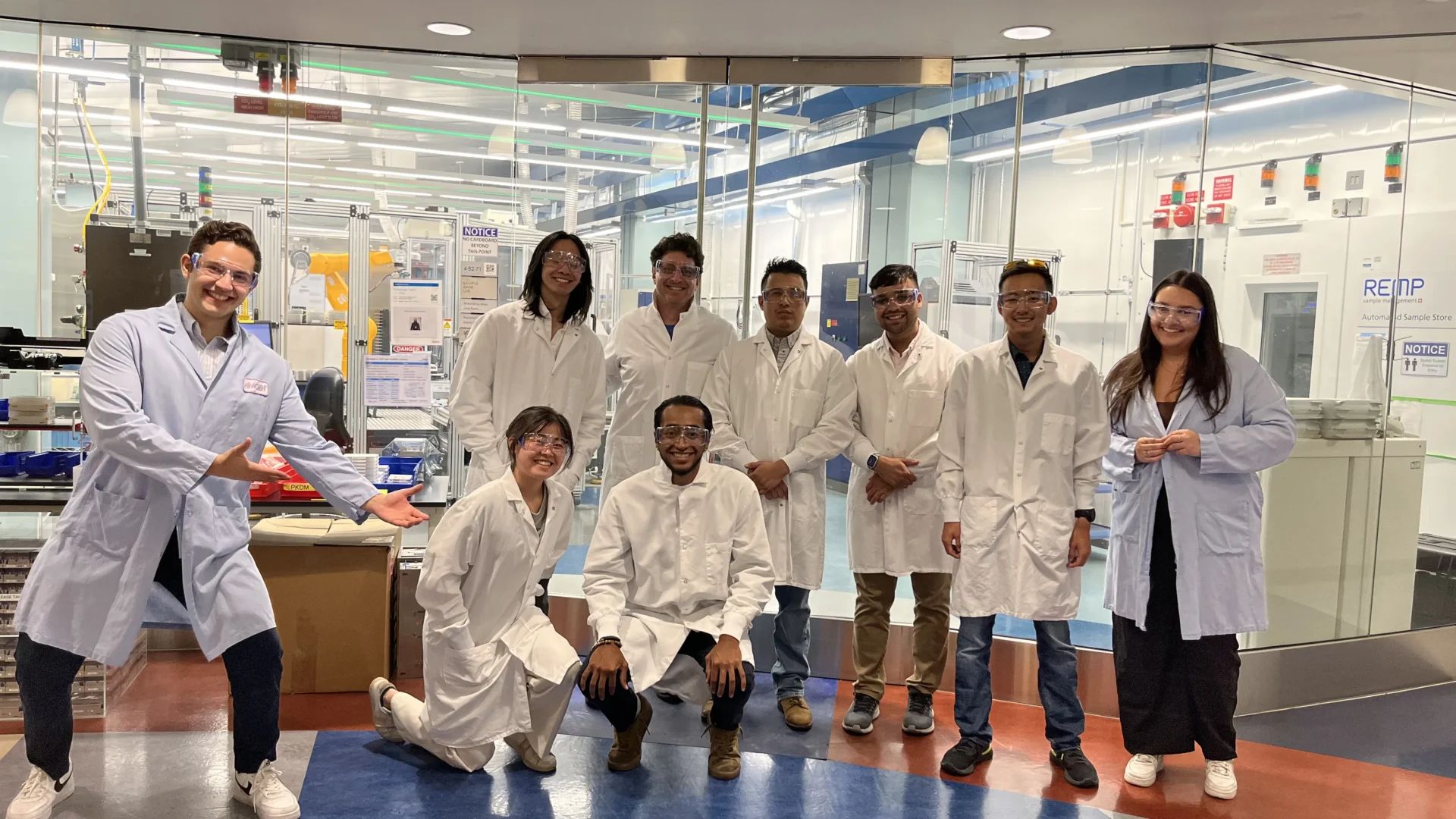
Paving a path to careers in biostatistics and data science - without the cost
Along with only about a dozen other programs in the U.S., each summer the Los Angeles Biostatistics and Data Science Summer Training Program at USC (LA’s BeST) introduces approximately 14-16 young people to the basics of biostatistics and data science, and provides them with opportunities to network and learn about career opportunities. The program also covers the cost for each trainee to travel to Los Angeles, live in the city for the duration of the program, and earn two academic credits from USC to transfer back to their home institution.
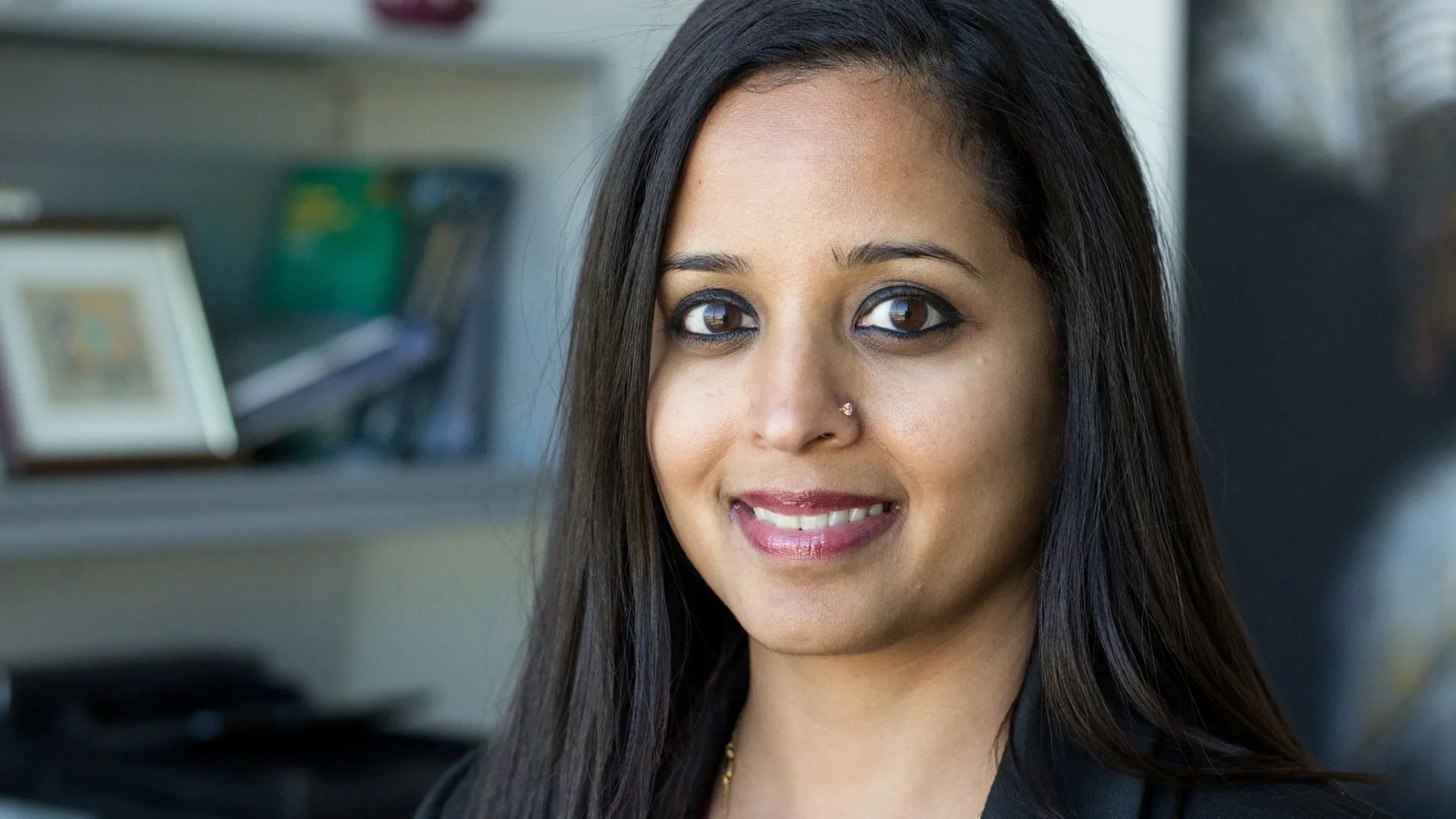
Shubha Kumar, PhD, MPH to serve as Associate Vice Provost for Online Education
Shubha Kumar, PhD, MPH, has been appointed Associate Vice Provost for Online Education. In her new role, Kumar will be working with the vice president for global and online initiatives, the USC Online team, and USC’s schools in establishing USC as the premiere destination for working professionals.
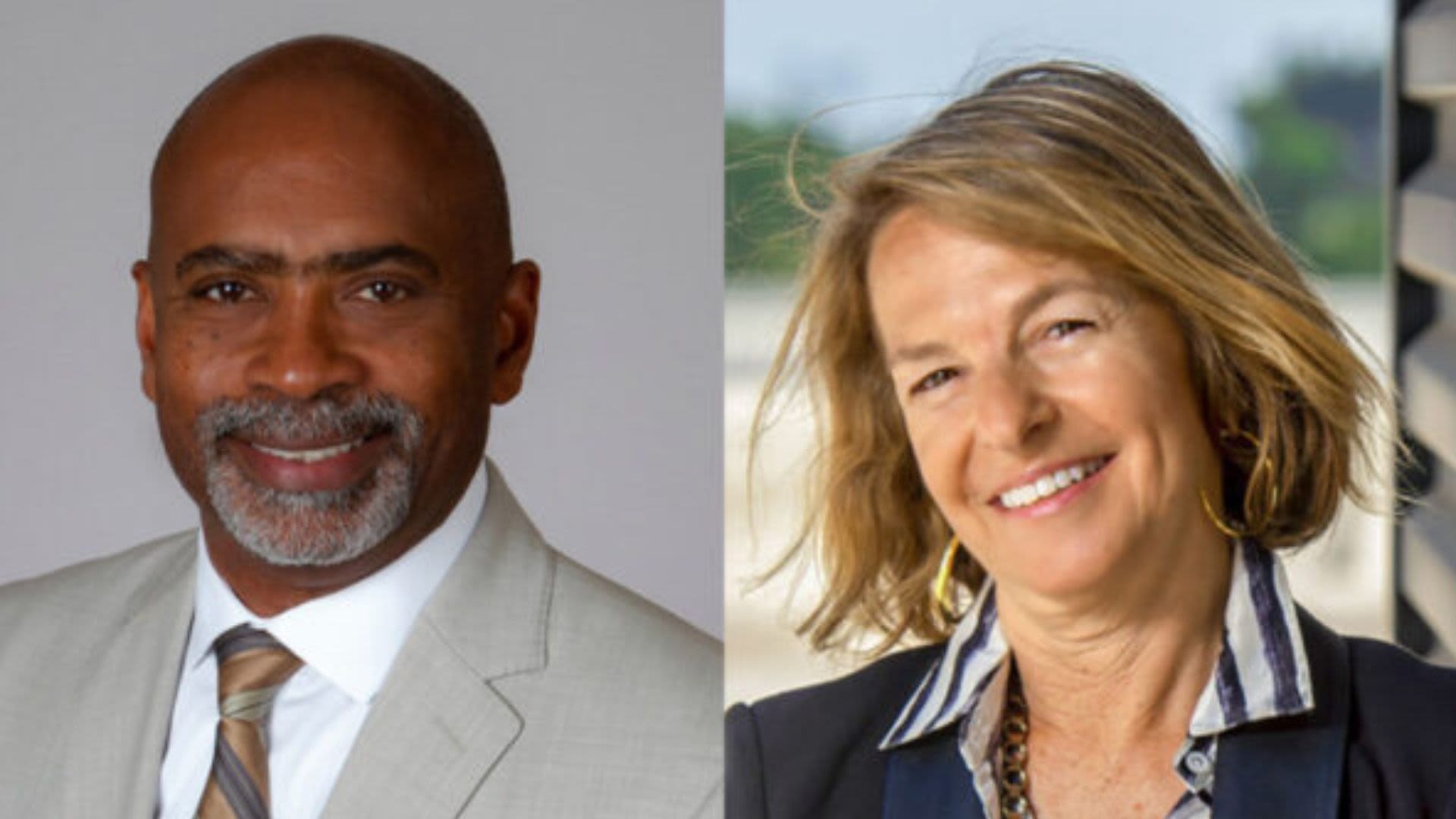
USC names 2 department faculty members Distinguished Professors
Department faculty members Ricky Bluthenthal, PhD and Sofia Gruskin, JD, MIA are among the leaders in their respective research fields who have been appointed Distinguished Professors, an honor granted each year to a select group of academics at USC.

Celebrating a decade of interactive global health education
It has been 10 years since Mellissa Withers, PhD, MHS, began serving as the Director of the Global Health Program of the Association of Pacific Rim Universities (APRU), a consortium of 60 international universities. This network provides students a chance to deep dive into prevailing global health challenges while learning from their peers living across several countries shaped by different cultures, perspectives, and experiences.
Department launches continuous learning initiative for antiracist curriculum change
The Department of Population and Public Health Sciences at Keck School of Medicine of USC has launched the Fellowship in Continuous Learning for Antiracist Curricular Change (CLARCC), a cohort-based curriculum initiative focused on fostering a culture of self-reflection, learning and continuous improvement to advance racial equity. The initiative aims to strengthen the ability of participants to embed principles of antiracism into educational efforts.
Two cohorts comprised of six to twelve faculty and staff members from the Department meet over five months in either fall 2023 or spring 2024. Each group embarks on a guided journey of self-reflection and personal growth, followed by a structured commitment to embed antiracist principles in their educational work. It is through this that the Department hopes to provide a more inclusive educational experience to its students.
Hear more on creating sustainable antiracist curricular change
“There are specific indicators of cultural change that we are aiming for with this initiative,” says Jonathan Cohen, JD, MPhil, clinical professor of population and public health sciences, director of policy engagement at the USC Institute on Inequalities in Global Health, and CLARCC faculty coordinator. “One of them is that faculty who participate in this will feel more confident in applying antiracist principles to their courses and educational offerings.”
Fellows will receive continued group training, individual coaching, and peer-to-peer support toward success in implementing the new practices they will develop. “It’s very much designed in a spirit of adult learning, recognizing that different people learn in different ways,” says Cohen. “By offering people different modalities of support, we expect that everyone will respond in a way that makes sense to them.”
"These fellows are leading the way for all of us in the Department to make our learning environments as inclusive and effective as they can be."
The fellowship is one of several efforts organized by the Department’s REDI Council – a dedicated team of faculty, staff, and students – and is part of the national Transforming Academia for Equity (TAE) Initiative supported by the Robert Wood Johnson Foundation. The initiative also complements a number of ongoing curricular reform efforts, echoing USC’s larger culture shift and diversity, equity and inclusion efforts in recent years. “Creating an inclusive educational and research environment requires all of us to learn new and better ways of interacting,” says Ricky Bluthenthal, PhD, associate dean for social justice at Keck School of Medicine and vice chair for diversity, equity and inclusion in the Department. “These fellows are leading the way for all of us in the Department to make our learning environments as inclusive and effective as they can be.”
The CLARCC initiative is an intentional response to requests from USC public health students; these include addressing the impact of racism and colonialism on health and public health in courses, increasing diversity in instructors and in curriculum, and embracing cultural sensitivity.
Through CLARCC and other efforts, the Department looks to ensure that those most impacted by curricular decisions have a voice and influence in shaping the learning experience. “Students feel their needs are seen and experiences acknowledged when faculty and staff support programs of antiracism and inclusivity,” says Roberta McKean-Cowdin, PhD, professor of clinical population and public health sciences and vice chair for education in the Department. “Many of our faculty are bringing their knowledge of health disparity and structural racism into classroom discussion, and initiatives like CLARCC help all of us learn to do this better and with greater understanding.”

Student Profile: Finding a love for public health work in Africa
Growing up, Abigail Kim moved around a lot—
And she hasn’t stopped since. During one summer in high school, she went on a trip to Nairobi, Kenya where she attended an international science camp. “I had a family friend who was a Professor in Public Health in nutrition, and she invited me to travel with her class. This was my first exposure to Public Health, and I just felt as though the work she was doing was impactful,” she reveals. “I really enjoyed that experience.”
After high school, she applied to USC—“This was one of the only programs I applied to that explicitly had a global health program at the undergraduate level.”
Her first internship would take her back to East Africa. In collaboration with Uganda Village Project, a nonprofit, she was assigned to a team of local and international students contributing to a 10-week rural assignment. Their mission was a health surveillance activity to learn about various health needs including malaria, HIV, family planning, obstetric fistula, and Water, Sanitation and Hygiene (WASH) programs. It was here that she started to build partnerships with village health teams and community members and decided to pursue a Master of Public Health at USC.
She returned to Uganda with the Global Research, Implementation, and Training (GRIT) Lab, under the mentorship of Heather Wipfli, PhD, Director of the Health Promotions Undergraduate program. Wipfli launched the youth ambassadors’ program in Northern Uganda, where Kim began to take on various leadership roles. During the pandemic, she hosted virtual workshops alongside University of Makerere students, to teach the ambassadors basic public health skills to conduct community health assessments.
“It’s been the most hands on you could ask for as an undergraduate or a master’s student,” she shares. The GRIT Lab provides students with an opportunity to conduct research from start to finish. Since her junior year, Kim has been involved in “protocol development, Institutional Review Board (IRB) approval, data collection, analysis and writing papers,” she explains. She was the lead author in her first paper ‘Community-Based Participatory Research: A Cross-Sectional Study Understanding Malaria in Rural Northern Uganda’, and is currently writing a second paper on ‘Assessing Community Perceptions on the State of Nutrition in Northern Uganda.’
Hear more about GRIT Lab's work in Uganda
“I decided a qualitative study would be interesting to understand the national nutrition strategy in relation to implementation at the local level, and also to understand the perspectives of residents” she divulges. So, she conducted focus groups with various community members and famers and led key informant interviews which a variety of stakeholders. She will publish her findings later this year.
“Abigail is one of the most productive and professional students that I have worked with in my 20 years in faculty,” asserts Wipfli. “She has a very bright future ahead of her in global health research practice. Her skills and experiences in research and epidemiology, and her ability to connect and work with the community will get her far in the field.”
After graduation, Kim will be attending medical school at the University of California, San Francisco. “Health is so much more that treating. I want to help create structures or systems where people are more supported earlier on in their health journey,” she claims.
Kim’s advice for students interested in traveling abroad is to “be flexible and hold things loosely—things are always changing on the go and may unexpectedly turn into something else—especially in public health,” she remarks. “That—and carry bug spray!”
Student and Alumni Accomplishments

Alumna Kayla Tilton, MPH, named to de Beaumont Foundation's 40 Under 40 in Public Health
The de Beaumont Foundation acknowledges creative leaders strengthening communities nationwide. “I am honored to be recognized. It's validating to know the work I am doing is making a difference," says Tilton, who also serves on the Alumni Council for the Department of Population and Public Health Sciences. Tilton is an alumna of the Bachelor of Science in Health Promotion and Disease Prevention and Master of Public Health programs.
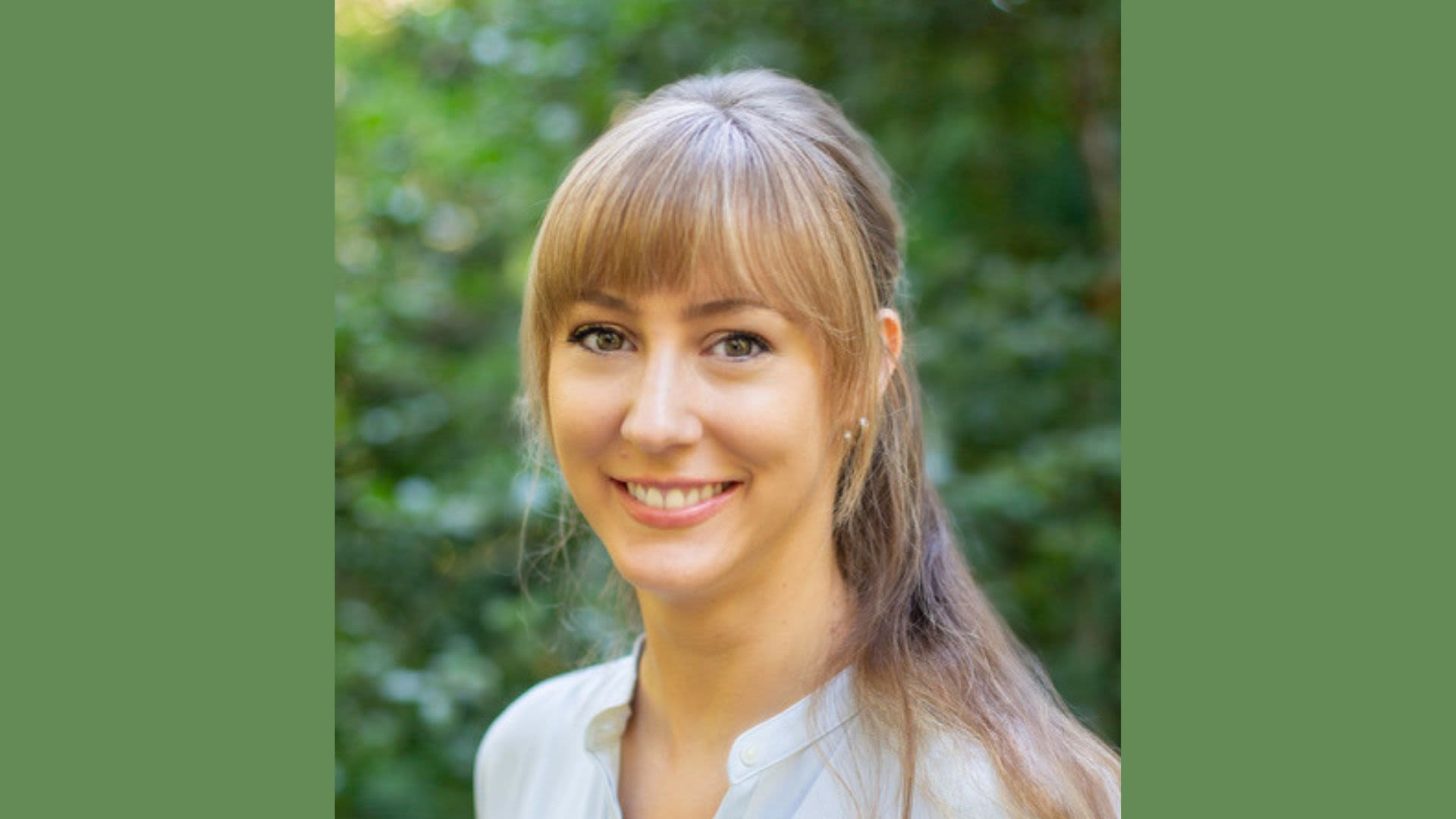
PhD student Brittney Marian receives F31 award from the National Institutes of Health
Marian is a fifth-year student in the Doctor of Philosophy in Biostatistics program in the Department of Population and Public Health Sciences at the Keck School of Medicine of USC. The F31 grant is awarded to promising pre-doctoral candidates to obtain mentored research training while conducting their dissertation. Marian’s research focuses on time series clustering to identify and translate time-varying multipollutant exposures for health effects studies.
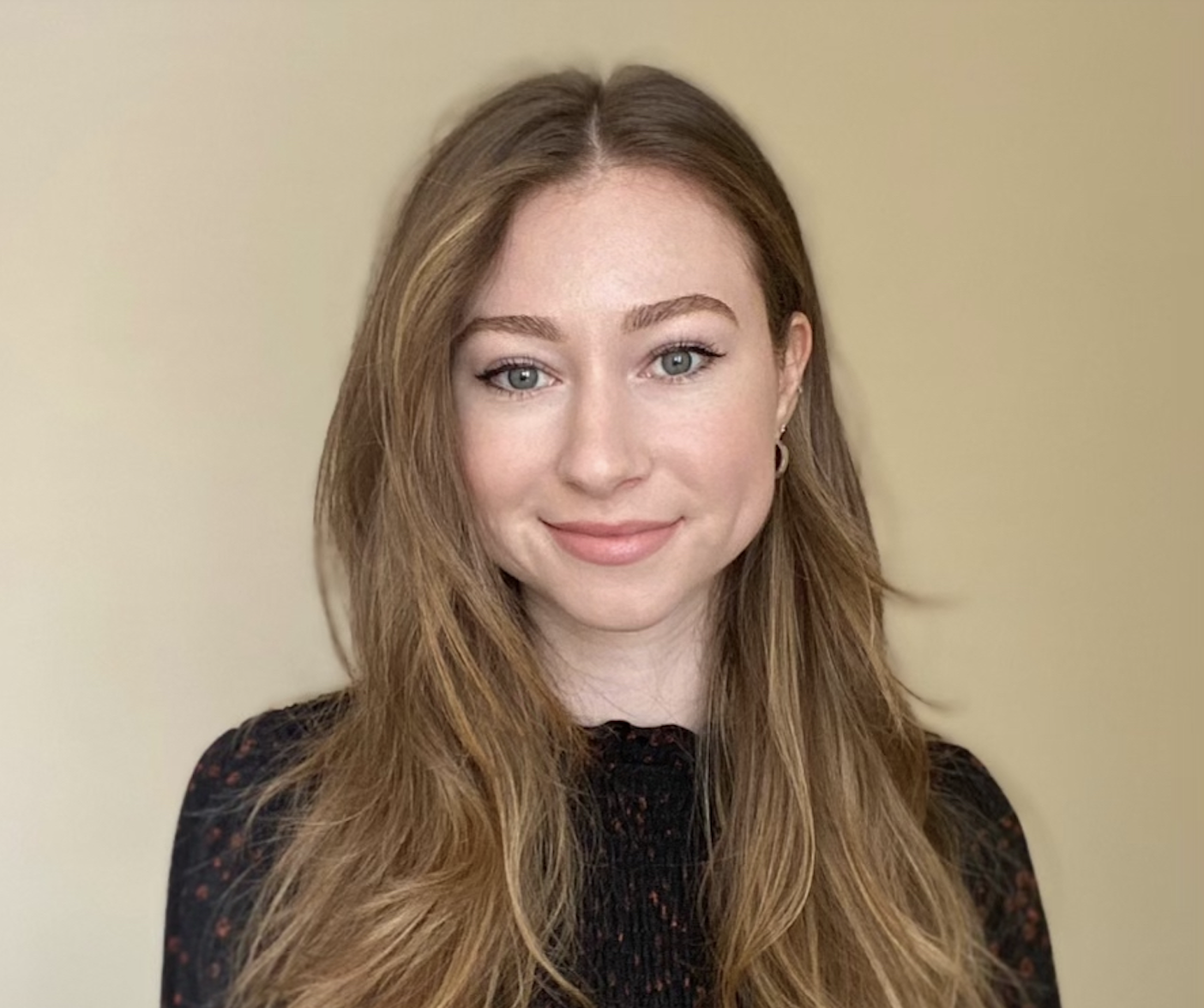
PhD candidate receives National Cancer Institute Predoctoral to Postdoctoral Fellow Transition Award
Stal, a fifth-year PhD candidate in the Health Behavior Research program, was awarded $477,546 to study the multi-level influences of patient-, provider-, system- and policy-level factors to understand fertility experiences among adolescent and young adult cancer patients. She is one of approximately 20 recipients nationwide to receive this F99/K00 grant.
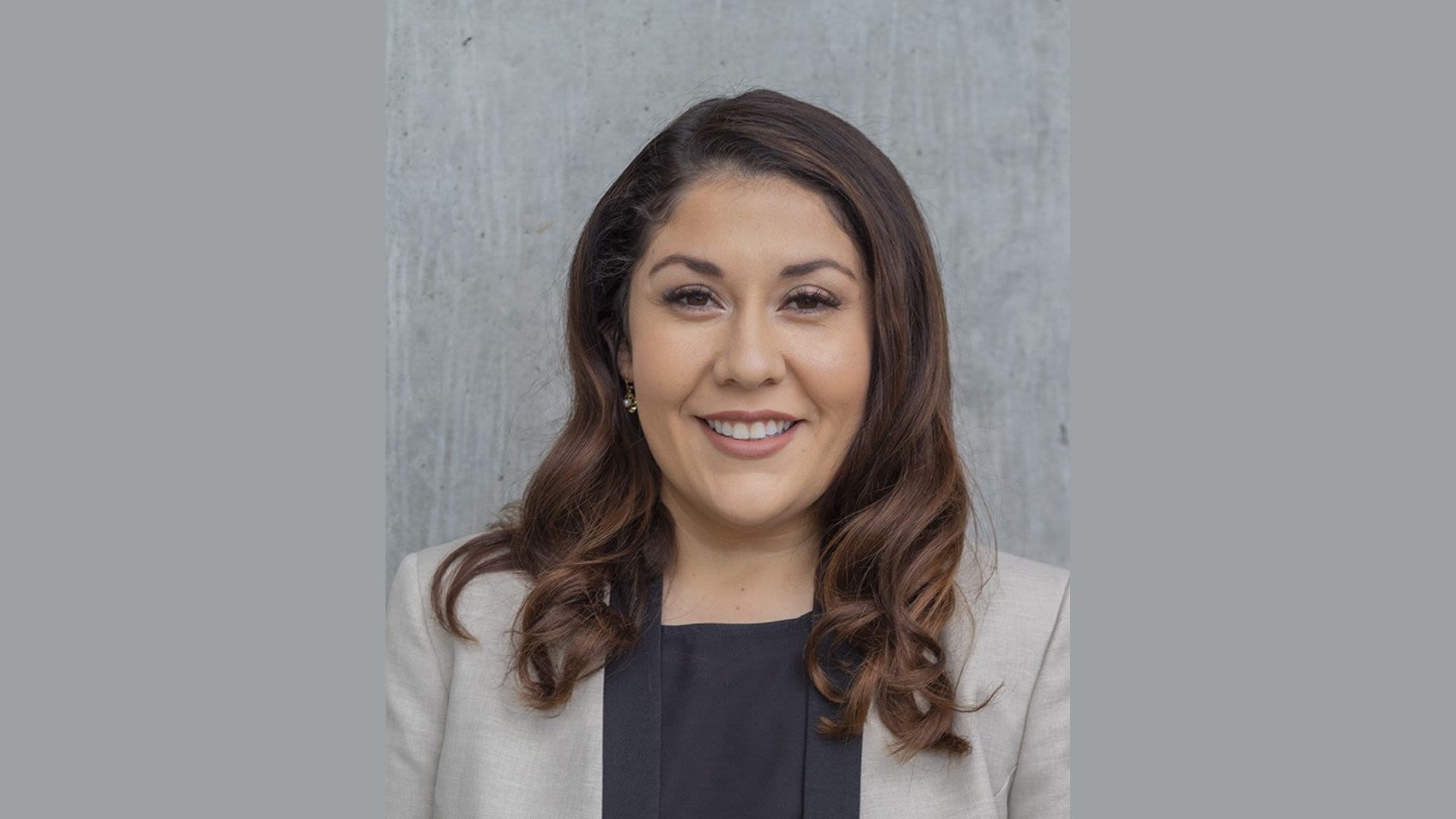
Samantha Garcia, PhD, awarded funding from the National Cancer Institute Loan Repayment Program
Garcia is a first-generation college student in the T32 postdoctoral program on Multidisciplinary Training in Ethnic Diversity and Cancer Disparities, whose research focuses on cancer prevention, Latino health disparities and implementation science.
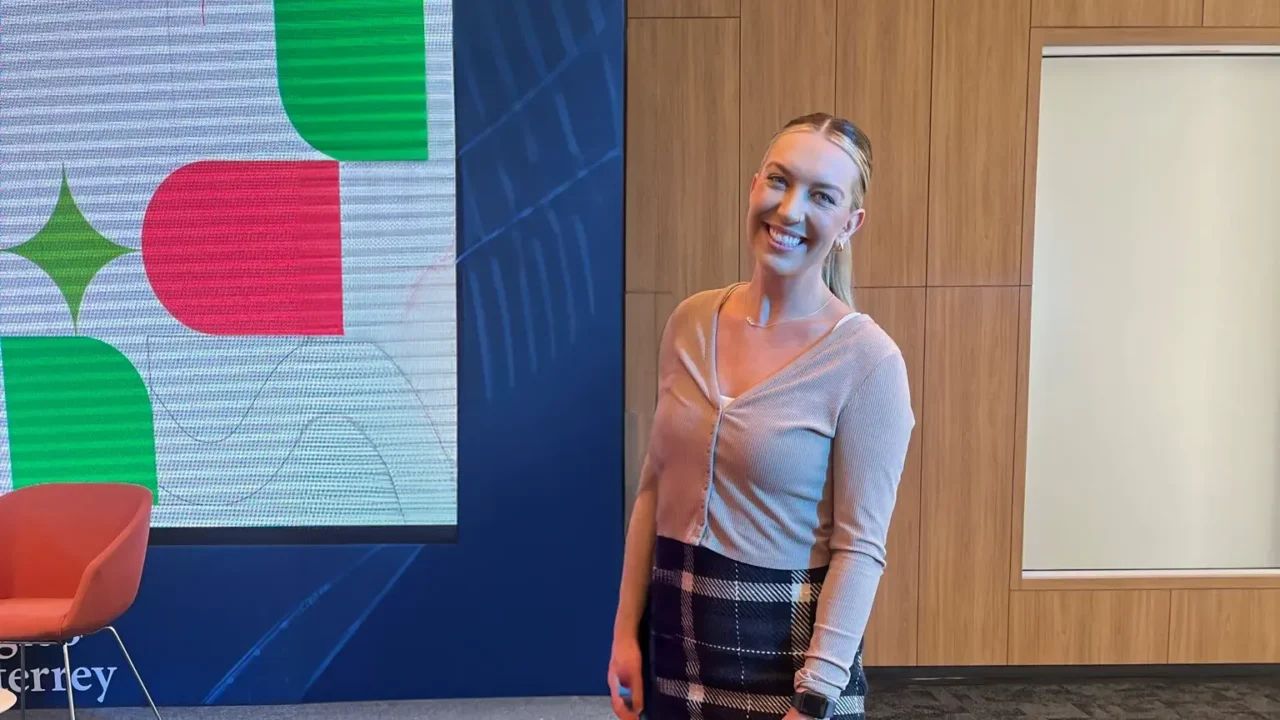
USC Alumna Brooke Edwards Advocates for Assessment Tool to Improve Health Outcomes for Liver Transplant Patients
Brooke Edwards ’23 is one of the finalists of the 9th annual Association of Pacific Rim Universities (APRU) Global Health Student Poster Contest. Edwards’ poster highlights the benefits of physical therapy among liver transplant candidates and the importance of providing access to health services to support successful health outcomes.
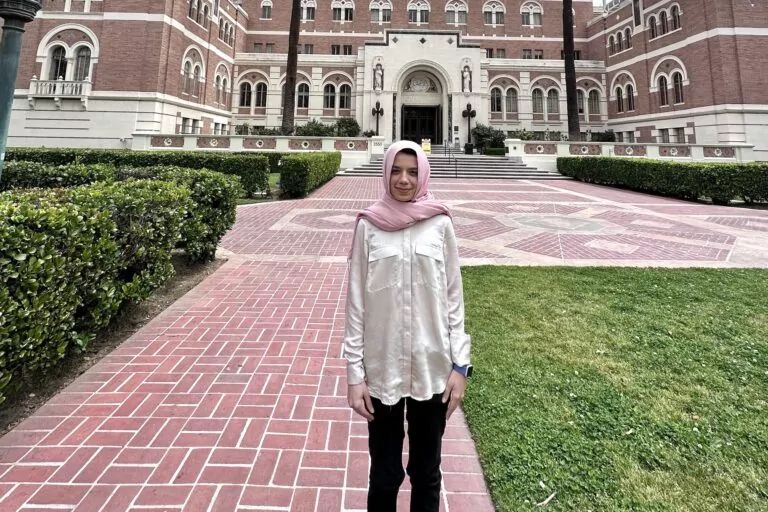
Public health student runs international nonprofit to battle world hunger
Master of Public Health student Khoban Nasim began her enterprise by trying to save just one life. "It was a malnourishment case and I was trying to get funding for baby formula," she says. Since then, Project Yaqeen has grown to help feed nearly 3,000 people in one year alone.
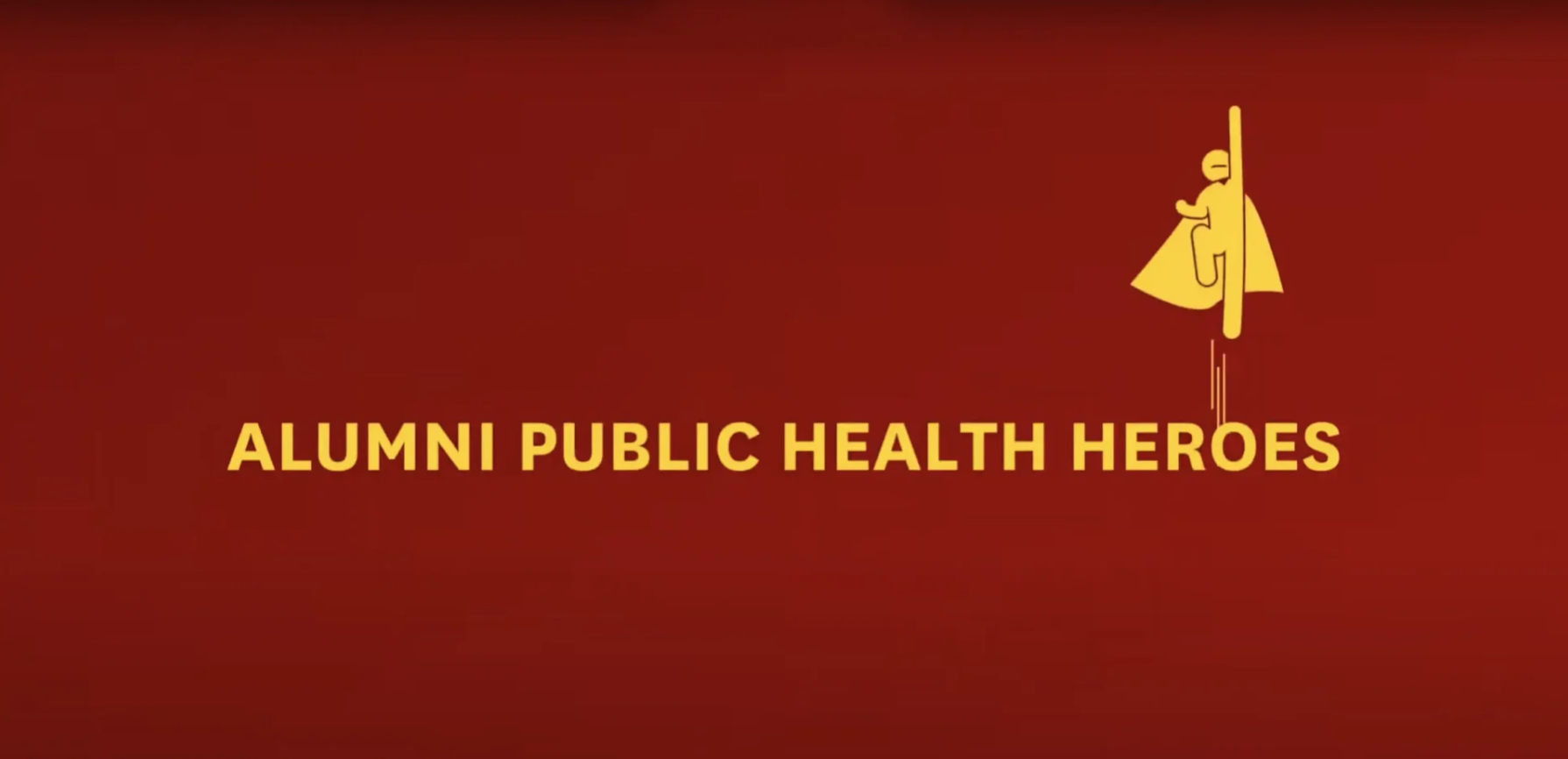
Support our Students
Our alums are getting involved in Department education and research missions through providing student mentorship, serving on the PPHS Alumni Council, acting as practicum advisors, sharing their wisdom through networking sessions and through guest speaking in classes, and through supporting student scholarship and the PPHS Student Success Fund. Contact karentho@usc.edu to explore how you can get involved.
Research to Action

Our Divisions

Bioinformatics
The Division of Bioinformatics focuses on the application of computational methods and data science in biomedical research. Our faculty is recognized at the national and international levels for research in the areas of genomic data science, phylogenetics, and clinical research informatics.
Biostatistics
The Division of Biostatistics is home to researchers working on ground-breaking studies in this evolving field, and offers degrees in biostatistics, epidemiology, public health data science and molecular epidemiology.
Disease Prevention, Policy and Global Health
Faculty in the Division of Disease Prevention, Policy and Global Health are active at the local, state, national and global levels to influence factors that improve the health of populations.
Environmental Health
The Division of Environmental Health in the Department of Population and Public Health Sciences works to understand the associations, connections, and impacts of environmental exposures on human health.
Epidemiology and Genetics
The Division of Epidemiology and Genetics works to understand the lifestyle, environmental, and genetic risk factors for human disease including cancer, cardiovascular disease, and liver disease, and to reduce health disparity.
Health Behavior Research
The Division of Health Behavior Research is focused on evaluating, preventing, and promoting a range of health behaviors (e.g., tobacco/substance use, nutrition, physical activity, mindfulness) that are associated with chronic and infectious diseases, with special emphasis on youth/young adults and health disparities populations.
Understanding Disease and Improving Quality of Life

USC researcher uses mammal DNA to zoom into the human genome with unprecedented resolution
An international team of researchers have become the first to precisely identify base pairs of the human genome that remained consistent over millions of years of mammalian evolution, and which play a crucial role in human disease.
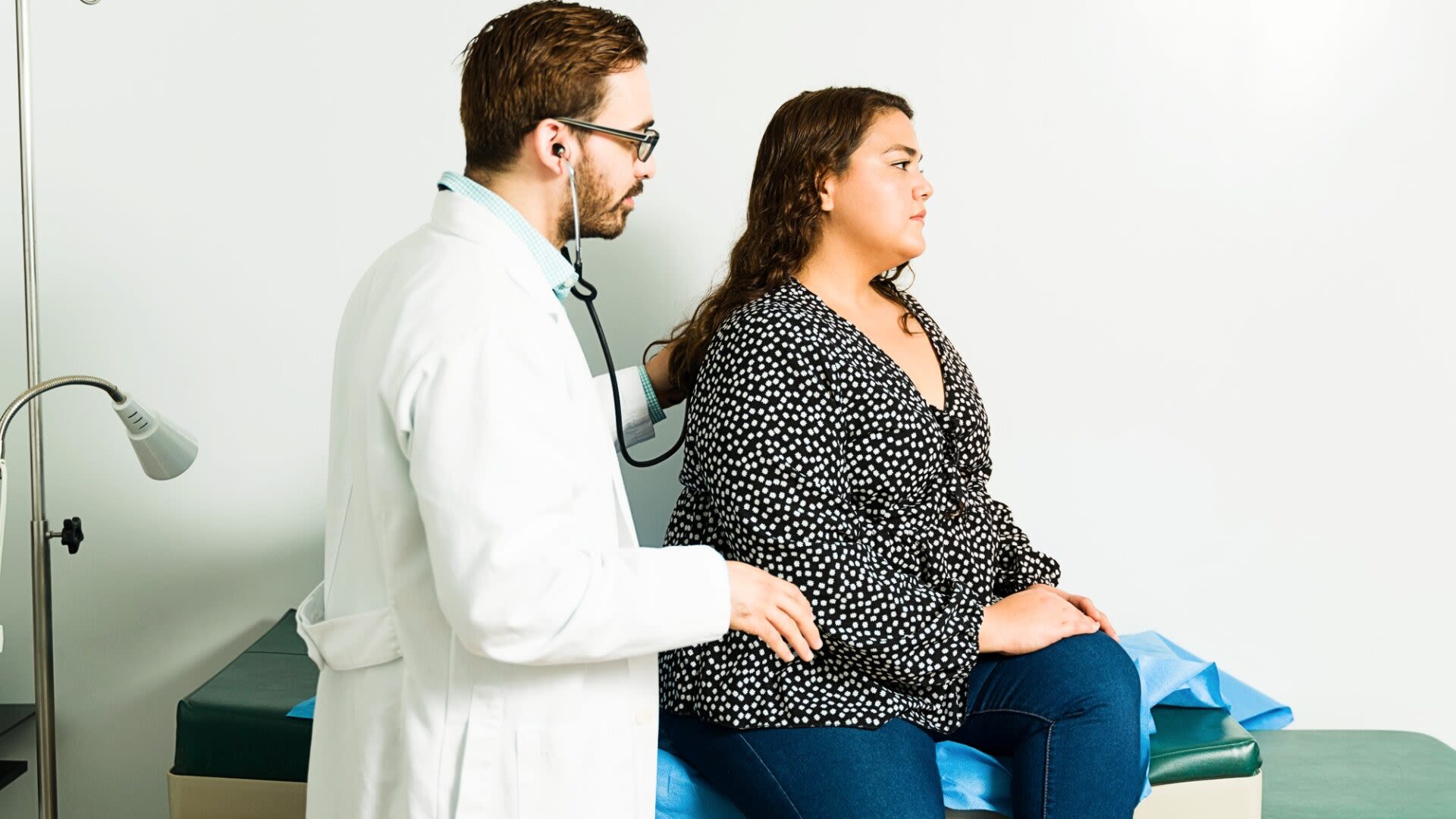
Novel predictor of prediabetes in Latino youth identified in new USC study
A team of researchers from the Keck School of Medicine of USC have identified two metabolites, substances produced by the body during metabolism, that may help predict which young Latino people are most likely to develop prediabetes, a precursor to developing type 2 diabetes.
Learn more about obesity and diabetes
Hear about interventions to reduce diabetes among Native populations

USC researcher to look at the link between the menstrual cycle and alcohol use
The project aims to shed light on the relationship between hormonal changes, emotional dysregulation, and alcohol consumption. The study is expected to provide valuable insight into women’s health and mental well-being.
Learn about other research we are doing on women's health
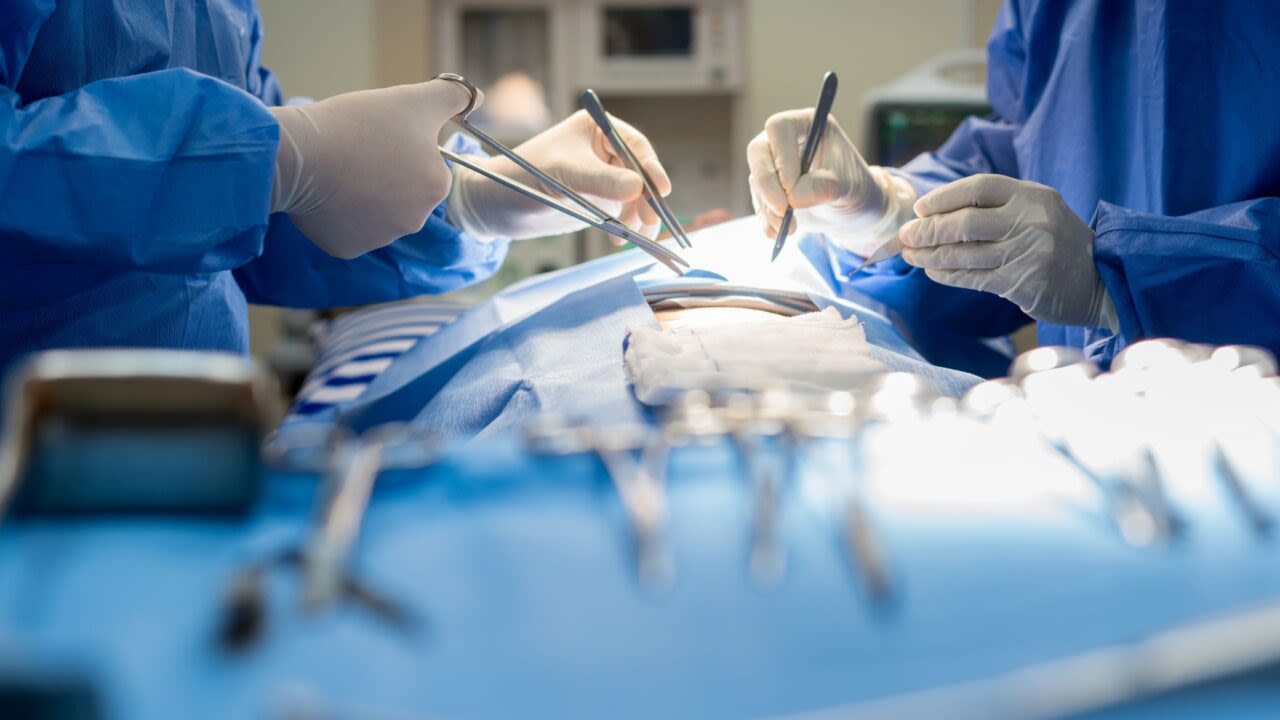
Evidence review helps to understand enhanced recovery after vascular surgery
A recent evidence review on enhanced recovery after surgery (ERAS) is helping those in the field understand the clinical effectiveness of current best practices, and where there are gaps in knowledge and evidence.

Challenging assumptions of existing research on people with substance use disorders, and people who inject drugs who are unhoused
Even as there has been considerable progress in harm reduction over past decades when it comes to substance use, "there is a lot more work that we need to do to address the persistent negative health challenges these populations face," says Ricky Bluthenthal, PhD.
Hear more on the needs of people who inject drugs
USC geneticist Marlena Fejzo named one of Time magazine’s 2024 ‘Women of the Year’
The recognition follows the Keck School of Medicine professor’s recent study that showed that a hormone produced by the fetus triggers nausea and vomiting during pregnancy.
A new USC and University of Cambridge study finds that a hormone produced by the fetus – and a mother’s sensitivity to the hormone – are the cause behind nausea and vomiting of pregnancy, which, in its more extreme form can put the mother and fetus at risk.
The findings, which appear in Nature, suggest that pre-pregnancy exposure to the hormone might mitigate symptoms in some women.
Nausea and vomiting have long been a forgone conclusion for expectant mothers, affecting 80% of women at some point during pregnancy. An additional 2% experience an extreme form called hyperemesis gravidarum (HG) that can lead to weight loss, dehydration and hospitalization. But little has been known about the cause. Recently, a growing body of evidence has linked the symptoms to GDF15, a hormone produced in the placenta that increases substantially during pregnancy.
The new study supports the causal role of GDF15 in pregnancy sickness and reveals the role a woman’s sensitivity to the hormone has in determining the severity of her symptoms. Women exposed to lower levels of GDF15 before pregnancy experience more severe symptoms.
“We now know that women get sick during pregnancy when they are exposed to higher levels of the hormone GDF15 than they are used to,” said Marlena Fejzo, PhD, a clinical assistant professor of population and public health sciences in the Center for Genetic Epidemiology at the Keck School of Medicine and the paper’s first author.
Women who are more sensitive to the hormone get the sickest, said Professor Sir Stephen O’Rahilly, MD, co-director of the Wellcome-Medical Research Council Institute of Metabolic Science at the University of Cambridge, who led the collaboration. “Knowing this gives us a clue as to how we might prevent this from happening.”
Lowering GDF15 is one way to potentially address pregnancy sickness—and the present study provides the first human evidence that it is likely safe to do so. Another way to reduce symptoms involves exposing women to GDF15 prior to pregnancy, to “prime” or prepare them for elevated levels of the hormone once they become pregnant.
“This study provides strong evidence that one or both of those methods will be effective in preventing or treating HG,” Fejzo said.

Maternal and Child Health
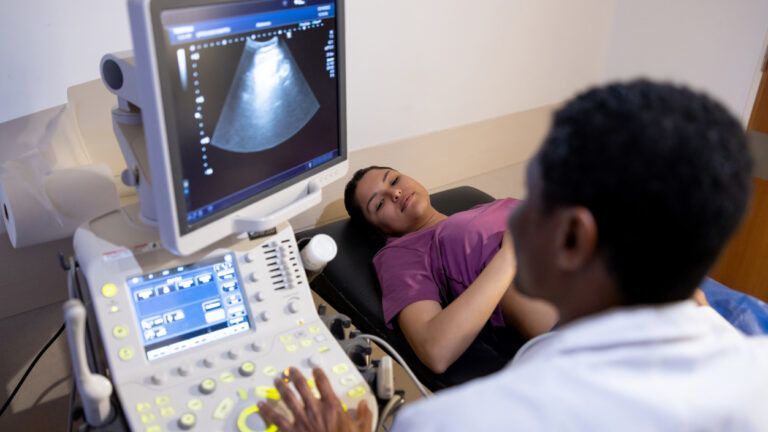
Diet linked to preeclampsia among low-income Hispanic women during pregnancy
A new USC study suggests that interventions in diet during pregnancy could help address this health disparity faced by Hispanic/Latina women.
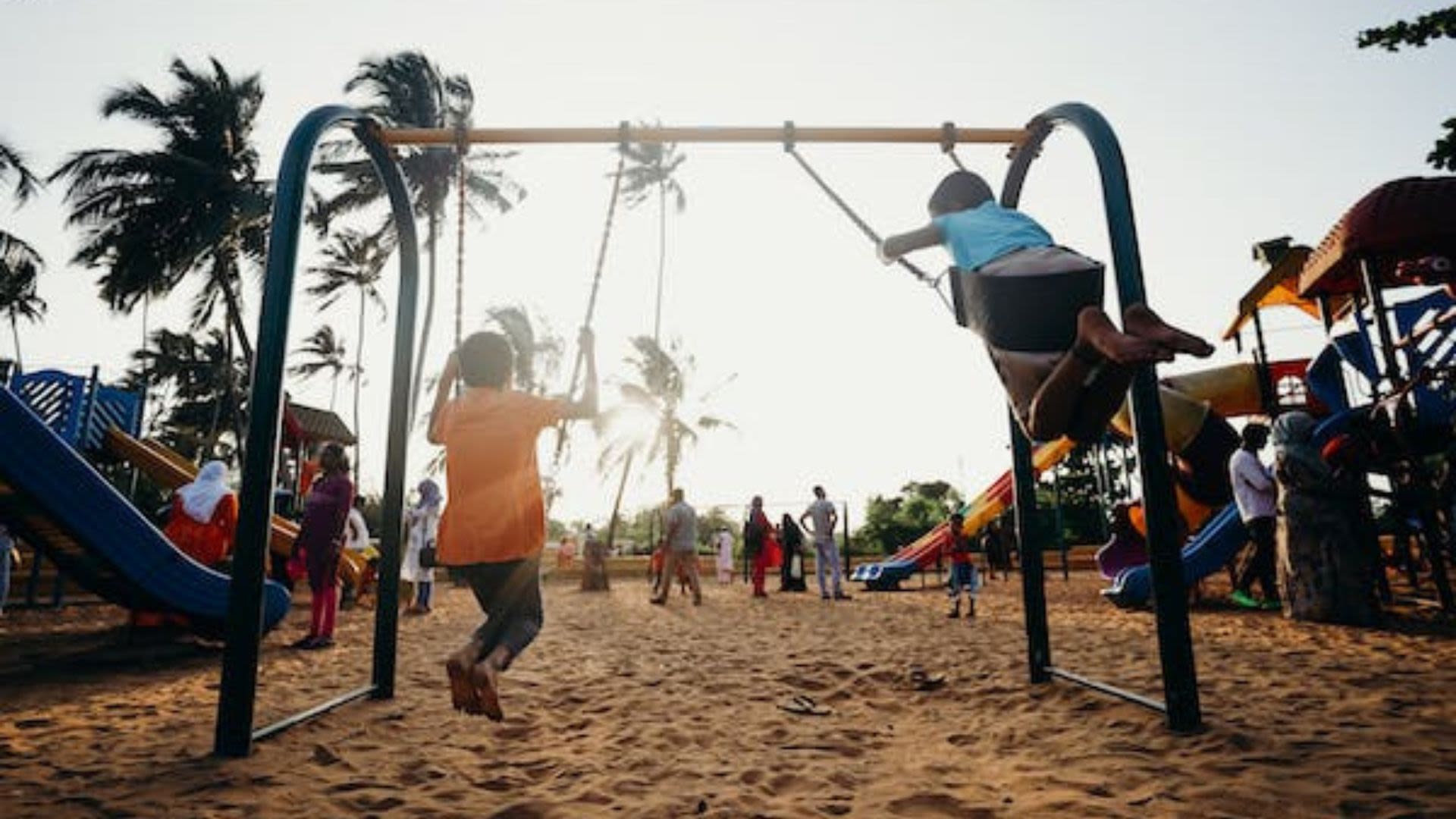
Keeping it in the family: addressing sedentary and physical activity levels in young children
Years after California lifted lockdown measures in schools, the activity levels of children have still not rebounded to where they were before the pandemic.
Hear more about children's activity levels and the pandemic

Unintended consequences of legalization for people who use cannabis use during pregnancy
A USC qualitative study captures the experiences, motivations and challenges of Black and Latina people using cannabis during pregnancy and engaged in perinatal care. Black, Indigenous, and Persons of Color (BIPOC) are disproportionately affected by laws that criminalize substance use during pregnancy.
Hear more about cannabis and pregnancy
Tackling Cancer Head-On
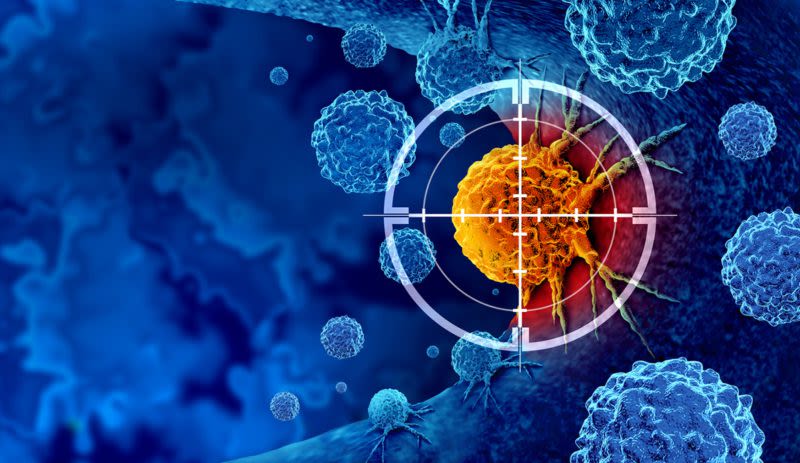
Mutations in 11 genes associated with aggressive prostate cancer identified in new research
Largest-ever study of its kind led by the Keck School of Medicine of USC and USC Norris Comprehensive Cancer Center could improve treatment and change how risk of aggressive disease is determined.
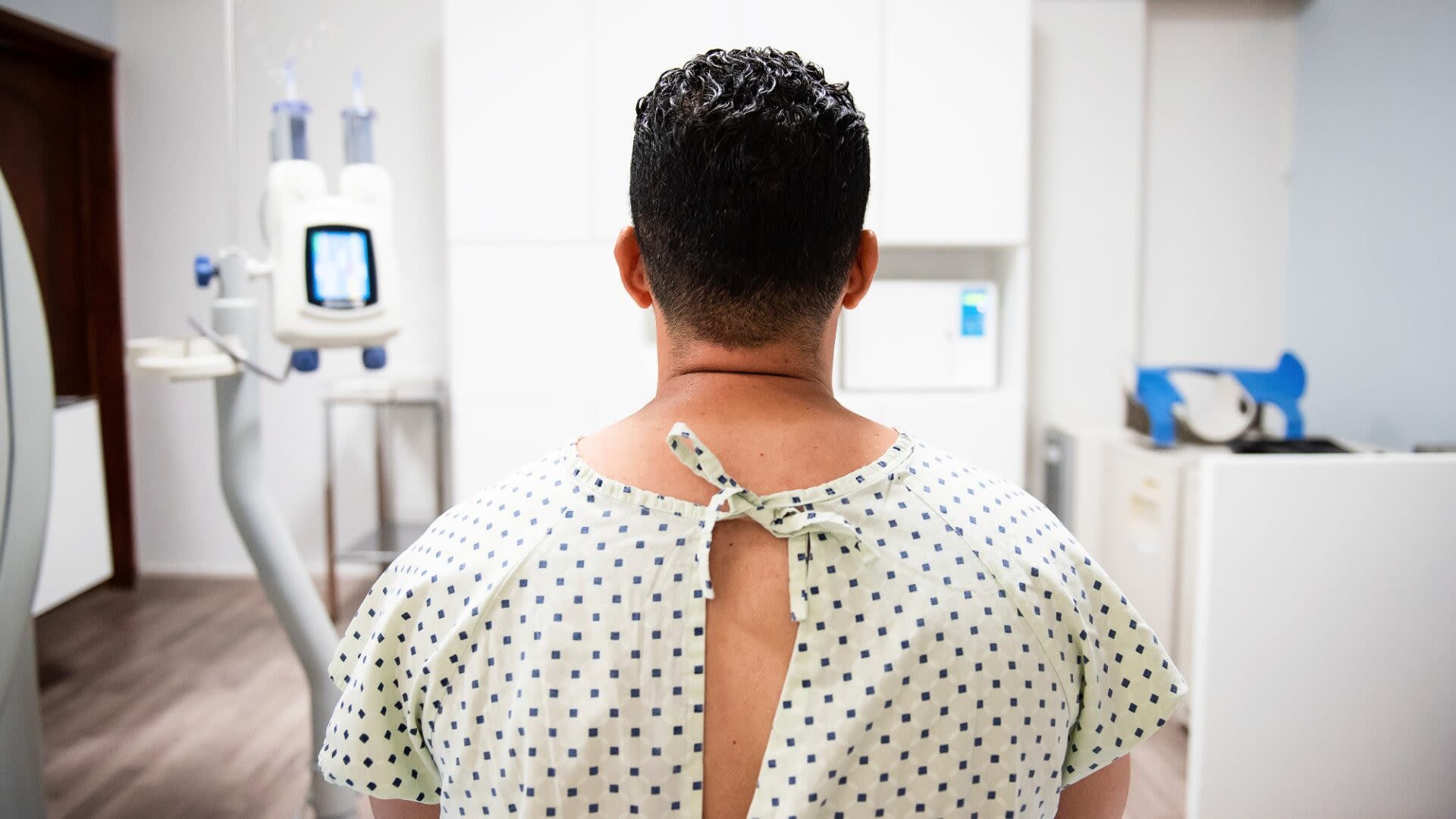
Liver cancer rates increase in each successive generation of Mexican Americans, study finds
The research analyzed risk for the disease across more than 30,000 Mexican Americans, finding third-generation Mexican Americans 66% more likely to get liver cancer than the first generation.
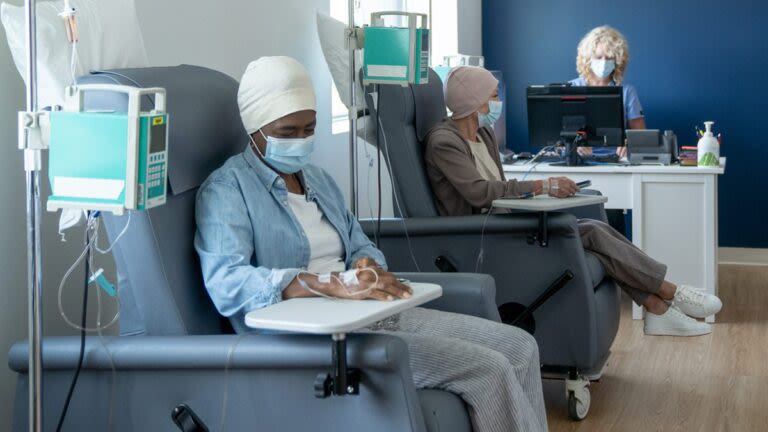
Study focusing on Black cancer survivors documents how exposure to racial discrimination impacts care
Researchers at Keck School of Medicine of USC and USC Norris Comprehensive Cancer Center uncover racial bias leading to recommended therapy being rejected and to delays in care, diagnosis.
Hear more about racial disparities in cancer care

187 new genetic variants linked to prostate cancer found in largest, most diverse study of its kind
A globe-spanning scientific team has compiled the most comprehensive list of genetic variants associated with prostate cancer risk — 451 in all — through a whole-genome analysis that ranks as the largest and most diverse investigation into prostate cancer genetics yet.

USC faculty on a mission to catch childhood cancer before it forms
As the most common cancer in children, Acute Lymphoblastic Leukemia (ALL) is a leading cause of childhood mortality and morbidity, with those that survive often facing long-term chronic health conditions resulting from undergoing chemotherapy.
Hear more about this study
$20 million grant from the National Cancer Institute enables research into youth e-cigarette and oral nicotine use at USC
USC faculty members Adam Leventhal, PhD and Caryn Lerman, PhD have received a $20 million grant for research to inform government regulations overseeing tobacco and its marketing, with a focus on protecting young people. The USC Tobacco Center of Regulatory Science (TCORS), an interdisciplinary initiative led by the USC Institute for Addiction Science (IAS), USC Norris Comprehensive Cancer Center and the Department of Population and Public Health Sciences at the Keck School of Medicine of USC, is one of seven programs nationwide to receive funding provided jointly by the Food and Drug Administration (FDA) and the National Cancer Institute, part of the National Institutes of Health (NIH). USC TCORS was launched in 2013 with FDA and NIH support and was renewed in 2018. This new grant continues the center through 2028.
With the new federal funding, USC TCORS expands its portfolio to focus on the ways a range of tobacco products other than conventional cigarettes are used by and marketed to young people. These products include e-cigarettes and commercially marketed flavored nicotine pouches, gums, lozenges and gummies. The center’s role is to provide rigorous evidence that guides FDA action in response to a fast-changing landscape of tobacco product offerings — and trends among adolescents and young adults.
"A center like TCORS is more than the sum of its parts. By connecting different types of research, we can uncover a body of evidence that fits together to surpass the high threshold that the FDA requires to change federal policy."
“Multi-study center grants like this are critical to pushing the field forward,” said USC TCORS co-director Adam Leventhal, PhD, professor of population and public health sciences at the Keck School of Medicine and director of the USC IAS. “A center like TCORS is more than the sum of its parts. By connecting different types of research, we can uncover a body of evidence that fits together to surpass the high threshold that the FDA requires to change federal policy.”
Gathering the evidence to prevent harm to youth
Exposure to nicotine and other chemicals in e-cigarettes may interfere with the development of brain pathways that control attention, concentration and mood. Sound policy that minimizes use of e-cigarettes and other tobacco products among young people can have long-lasting health benefits on a large scale.
“Reducing exposure to novel nicotine products through evidence-based regulation is vital to improve health,” said USC TCORS co-director Caryn Lerman, director of USC Norris Comprehensive Cancer Center and associate dean for Cancer Programs. “USC TCORS researchers have a unique opportunity to influence policy that supports the well-being of generations yet to come.”

Harnessing Data and Technology

USC launches liver disease study as part of $50.3 million “multi-omics” consortium
The six-site consortium, funded by the National Institutes of Health, will study individuals from ancestrally diverse populations that are traditionally underrepresented in medical research.

Social media posts that promote tobacco are increasing, AI detection technology finds
A study led by the Keck School of Medicine of USC used artificial intelligence to analyze influencer content on TikTok between 2019 and 2022, finding an increase in posts that promoted e-cigarettes.

Harnessing data to explore the link between smoking and DNA changes across six racial and ethnic groups
Scientists from the Keck School of Medicine of USC conducted one of the largest multiethnic studies to date of smoking and epigenetics, research that could eventually lead to better ways to predict smoking-related disease risk.

Addressing Environmental Challenges
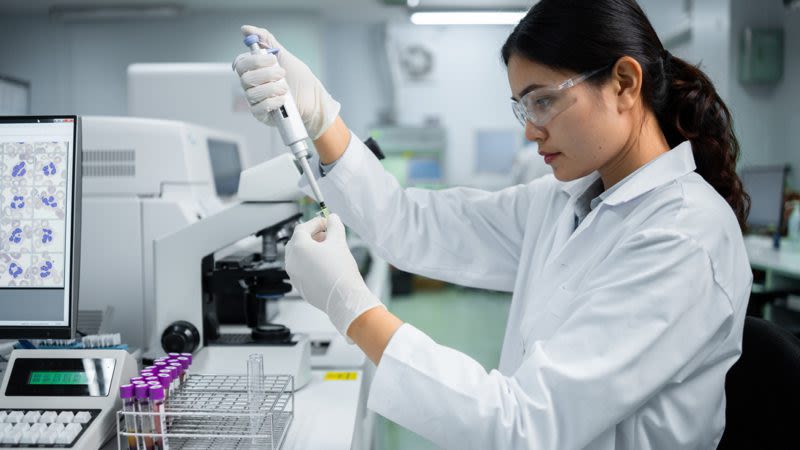
Exposure to certain chemicals raises the odds of a prior cancer diagnosis in women
Various PFAS and phenols were linked with higher rates of previous melanoma, ovarian cancer and uterine cancer diagnoses, according to a new study co-led by the Keck School of Medicine of USC.

Longitudinal study links PFAS contamination with teas, processed meats and food packaging
Researchers from the Keck School of Medicine of USC studied how dietary patterns relate to levels of so-called forever chemicals in the body over time.
Hear more about PFAS in food and beverage products

USC Researchers Assess Impact of PFAS in Drinking Water Systems in Southern California
Selected for the President’s Sustainability Initiative Award, this transdisciplinary project brings together experts from across USC to examine the health effects of pollutants such as PFAS on human health.
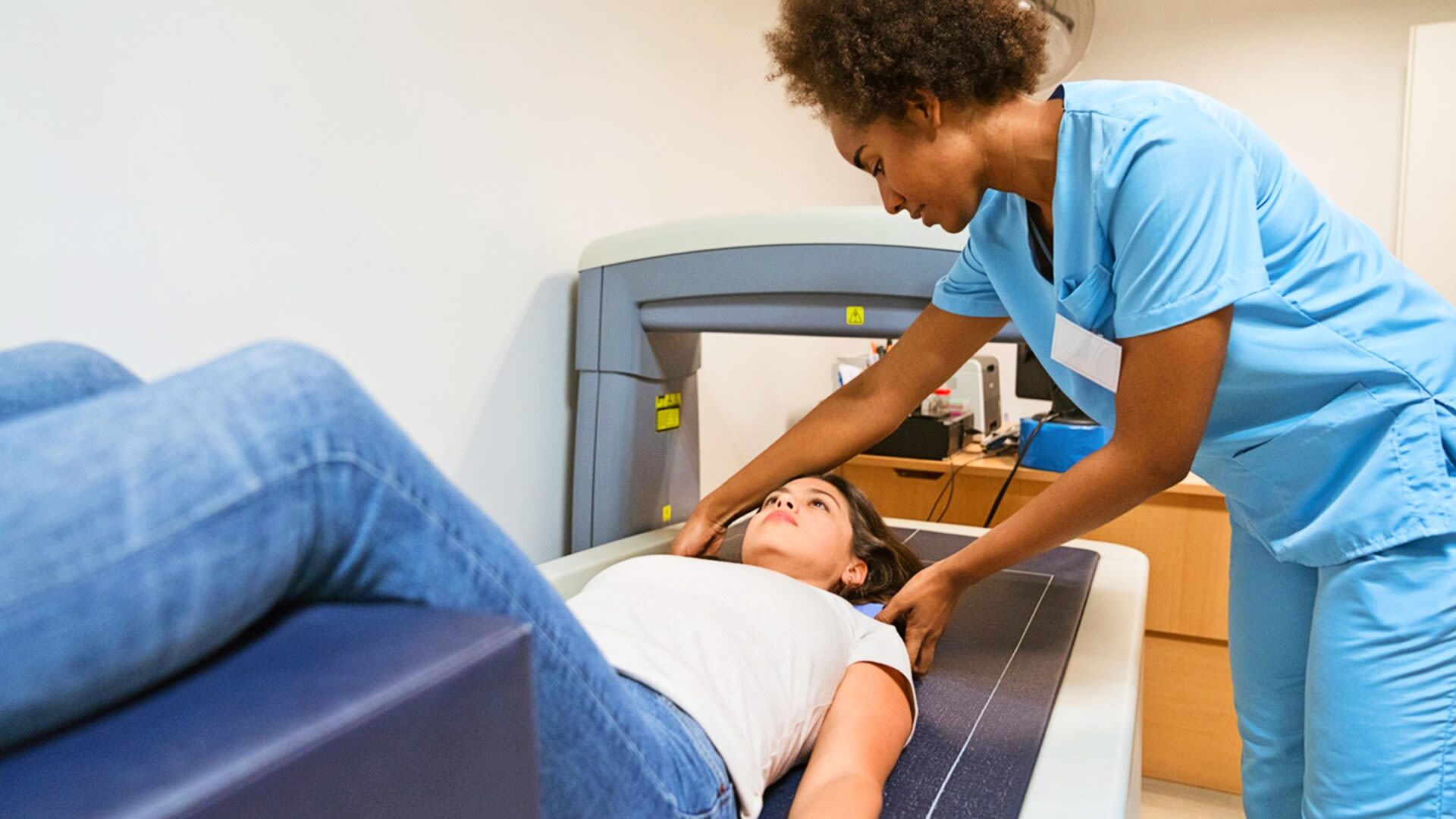
PFAS exposure linked to decreased bone health in adolescents and young adults
Led by researchers at the Keck School of Medicine of USC, this is one of the first longitudinal studies of PFAS — also known as “forever chemicals” because they don’t break down — and bone mineral density focused on young people of Hispanic origin.

Even “safe” air pollution levels can harm the developing brain, study finds
Largest-ever study of its kind led by the Keck School of Medicine of USC and USC Norris Comprehensive Cancer Center could improve treatment and change how risk of aggressive disease is determined.
Learn more about air pollution and pregnancy
What role can electric vehicles play in reducing air pollution at the community level?
Researchers from the Department of Population and Public Health Sciences at Keck School of Medicine of USC along with their community partner the Southeast Los Angeles (SELA) Collaborative have been awarded a NIH R01 grant to study electric vehicle adoption in California.
Hear more about electric vehicle adoption in California
Advancing Health Globally
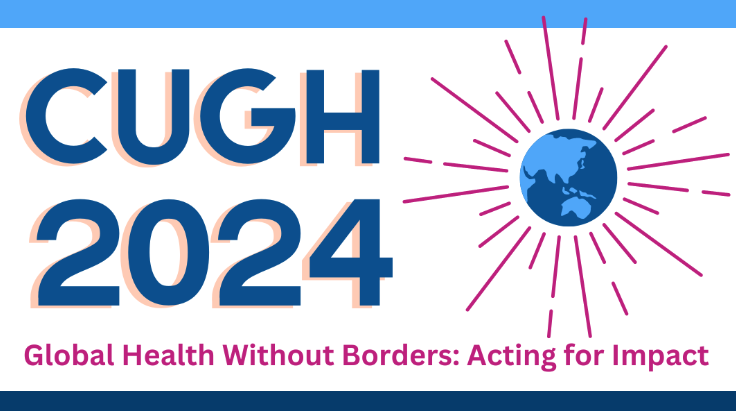
Department hosts CUGH 2024 satellite session in global health
With participants from schools across USC, the session serves to acquaint attendees with the large variety of USC-based activities around global health. It is the first of its kind to bring together global health work happening across the University in fields such as anthropology, communications, cinematic arts, law, medicine, public health, public policy, pharmacy, and social work.

Why are the law and human rights important to population and public health?

According to Sofia Gruskin, JD, MIA, professor of population and public health sciences, the pandemic raised awareness of inequalities around human rights and social justice issues—especially their intersection with public health.
Department of Population and Public Health Sciences Launches Global Health Research Interactive Map Tool

The Department of Population and Public Health Sciences at the Keck School of Medicine of USC has launched an interactive map tool showcasing examples of Departmental project sites across the world. Our faculty and staff are engaging in important global health research and program implementation activities across different areas of population and public health.
Jeffrey Klausner, MD, MPH Awarded Funding from Open Philanthropy Towards Improving Sexual and Reproductive Health in Low-Resource Settings
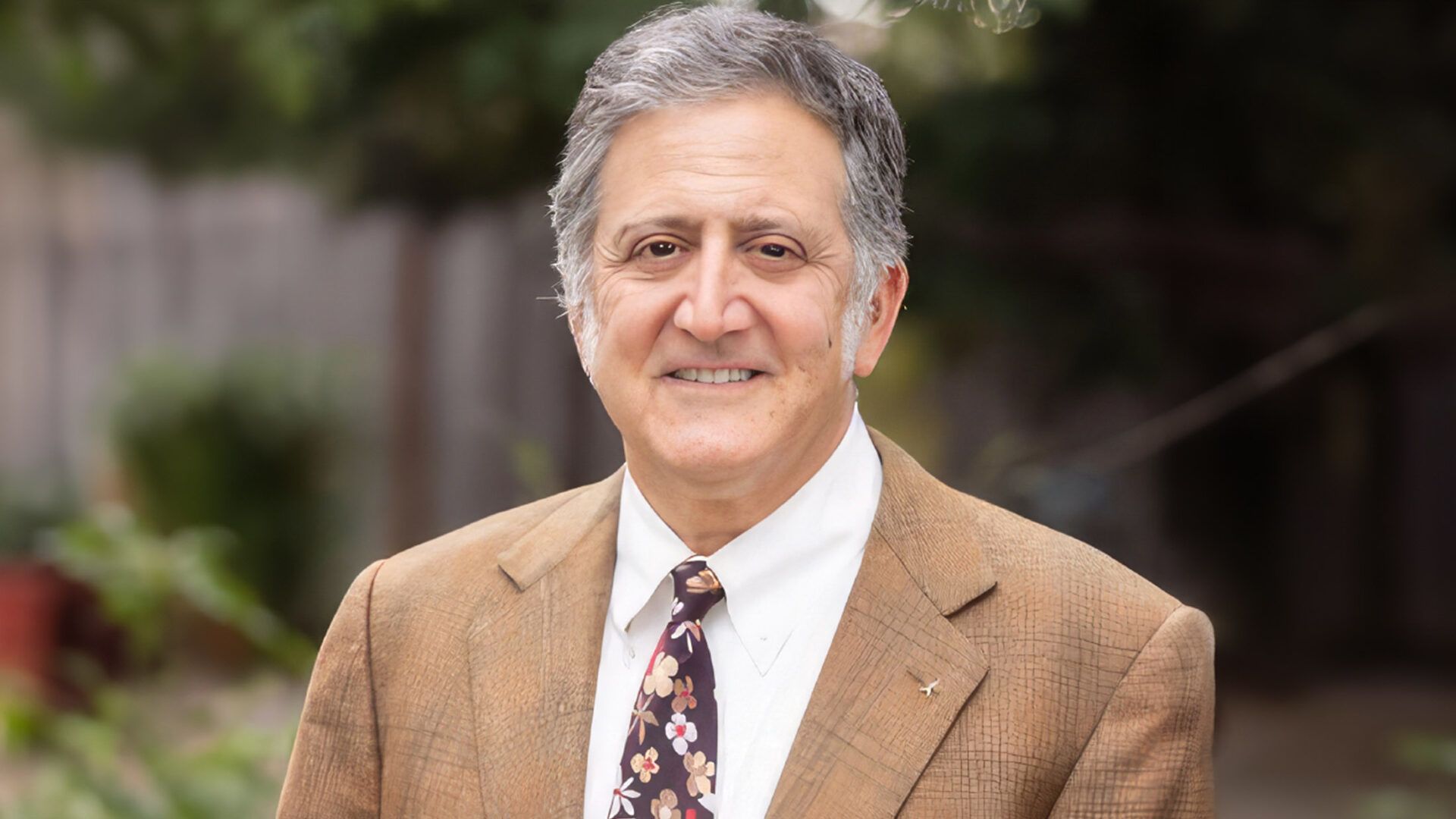
Over the last 2 years, Jeffrey Klausner, MD, MPH, has received four gifts from Open Philanthropy towards his research on the prevention and control of infectious diseases centering on sexual and reproductive health in low- and middle- income countries. With the ongoing global syphilis crisis, Klausner has dedicated his research towards interventions that have a practical and direct application to communities with the greatest need.
Indian Principal Secretary to Health of Meghalaya visits Department of Population and Public Health Sciences
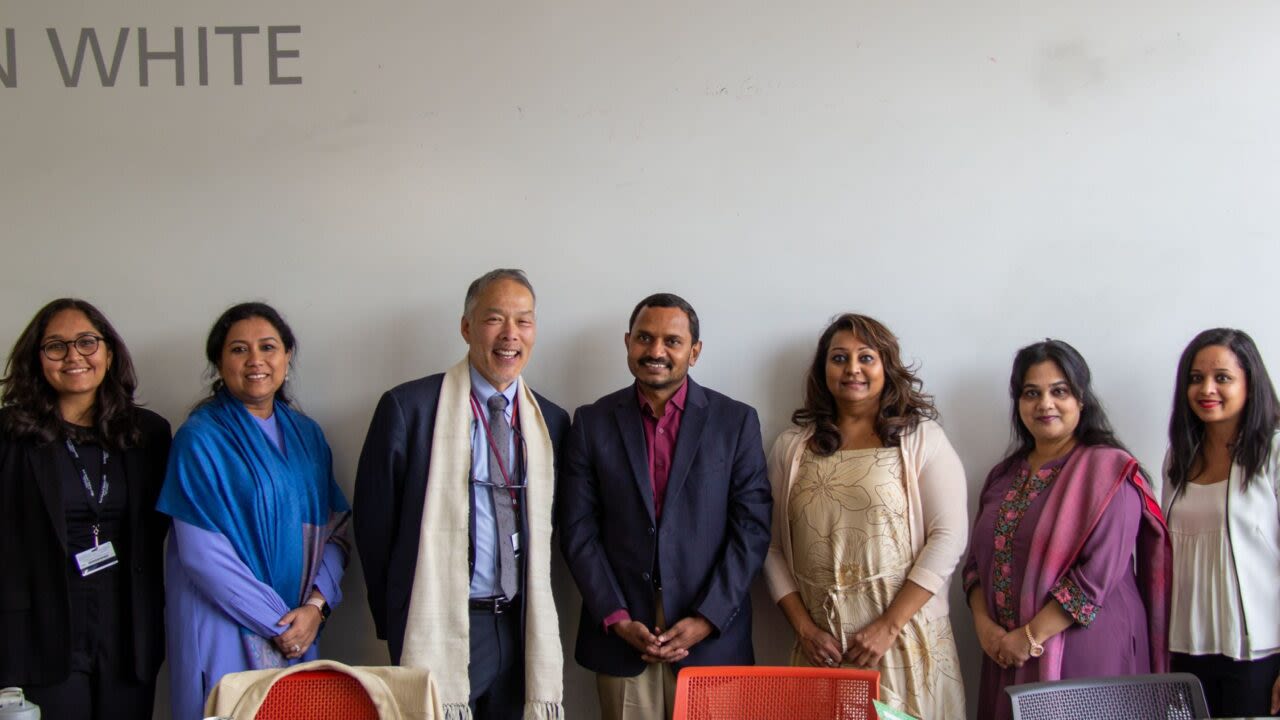
The Department of Population and Public Health Sciences hosted Sampath Kumar, MPA, Principal Secretary to Health & Family Welfare Department for the Government of Meghalaya. The northeastern state of India borders Bangladesh to the south has a population close to three million residents. It is known for its rich biodiversity, scenic rural landscapes, and as the wettest place on Earth.
Engaging in Communities Near and Far

What community means to us

Engaging in dedicated efforts to foster bidirectional relationships with the diverse communities that make up the tapestry of Los Angeles and beyond.
Our department’s mission of community engagement goes beyond mere dissemination of information and outreach through collaborations with over 150 culturally and ethnically diverse community partners. We recognize the strengths that diversity brings to our efforts and embrace the uniqueness of the various populations we work with. Each day, we honor our commitment to act upon socio-determinants of health - from addressing food insecurity, to developing a young adult workforce, to conducting community-based and participatory research, and more. Together, we are moving science to the forefront in advocacy and policy for informed decision making and developing outreach, engagement, and dissemination efforts locally, nationally, and globally. We strive to ensure our outreach efforts are inclusive and impactful to all members of society.
While located physically in the heart of Los Angeles, we are not limited by geographic boundaries. Modalities we have used to transcend geography and traditional boundaries of scientific communication include edutainment, digital media outreach, multimedia, multi-sectorial participation, and various culturally specific models of community engagement. We engage community health workers and promotores de salud, community leaders and champions, who – though sharing their wisdom and knowledge – allow us to participate in co-learning processes in our communities. In turn and in a timely fashion, we share the most recent scientific discoveries and community knowledge via dissemination of health and wellness information, trainings, civic engagement, and public action. We work earnestly to understand the unique needs, perspectives, and challenges faced by different communities, and value collaboration to achieve healthier, more resilient individuals; rich, diverse, and thriving communities; and solutions for public health threats and health equity challenges.
As we delve into community-focused initiatives and various efforts, we invite you to join us on this transformative path. We invite your engagement as we collaboratively create lasting impact that reverberates across our diverse neighborhoods. Together, let's continue to build and strengthen the future of community science actively shaping the health and well-being of a vibrant Los Angeles and beyond.
Lourdes Baezconde-Garbanati, PhD
Distinguished Professor of Population and Public Health Sciences
Associate Dean for Community Initiatives
Engaging in our Trojan Community
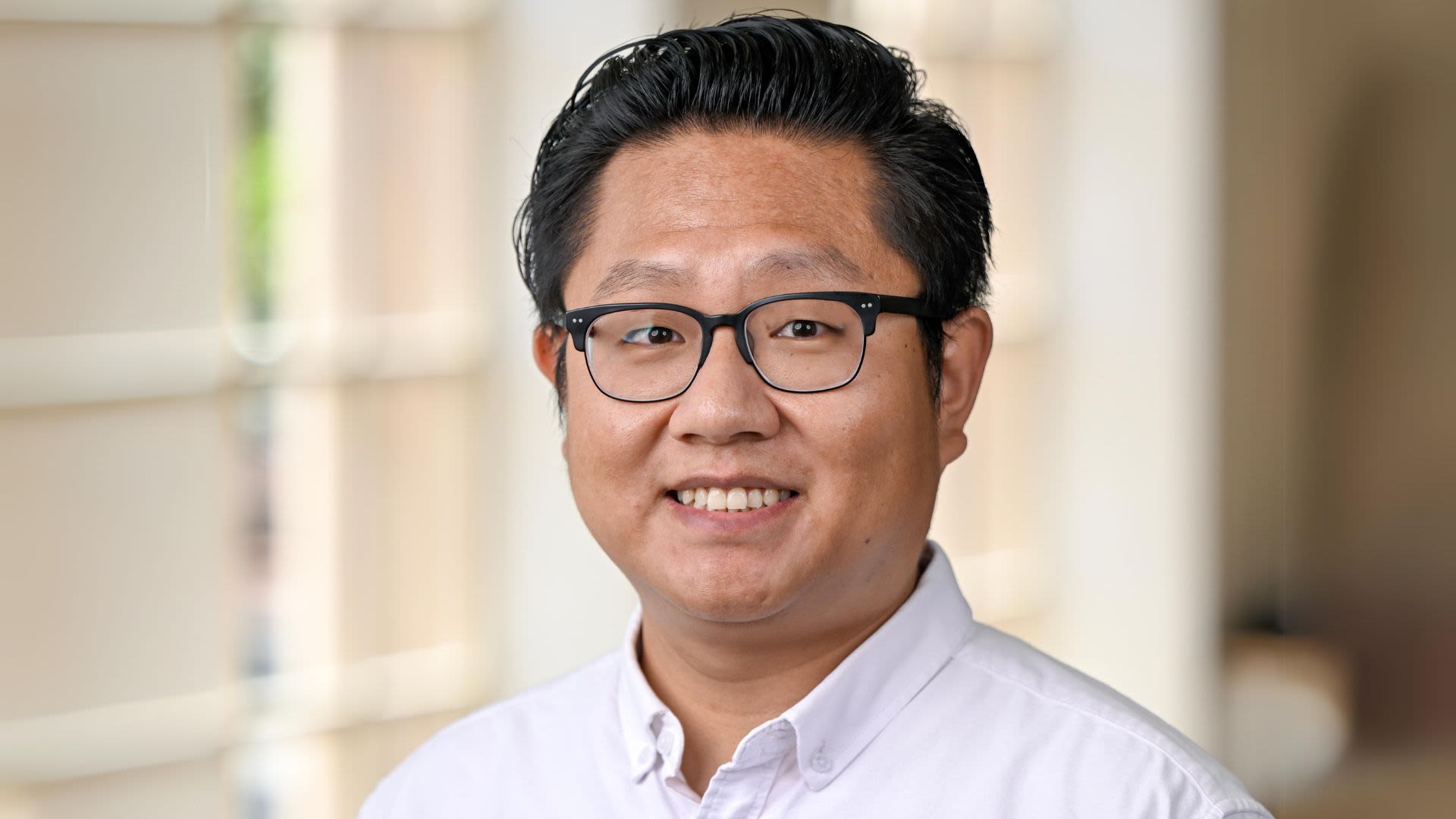
Zhongzheng Jason Niu selected as USC Sustainability Fellow to investigate the effects of air pollution exposure across life stages
Zhongzheng “Jason” Niu has been selected to USC’s first cohort of Presidential Sustainability Solutions Fellows. Niu, a post-doctoral fellow in the Department of Population and Public Health Sciences at the Keck School of USC, is an environmental epidemiologist studying extreme heat and air pollution exposure’s effect on health outcomes at the body and cellular level.
Engaging with our neighbors
Community partnerships ignite local impact
As a nexus for academic medicine, the Keck School of Medicine of USC fosters solutions for the biggest problems in human health through the traditional pillars of education, research and care. Its links to the communities living alongside USC’s campuses in Los Angeles — one of the most diverse cities anywhere — has led to local impact becoming its fourth pillar. “We’ve wanted to be the best neighbors possible,” said Lourdes Baezconde-Garbanati, PhD, MPH, a distinguished professor of population and public health sciences and the Keck School’s associate dean for community initiatives. “Part of that is the responsibility to elevate health and reduce the burden of disease in our surrounding communities.” Collaborating with the people they seek to serve is foundational to the efforts of faculty, trainees and staff. The Keck School maintains 32 active partnerships with organizations that promote health and wellness in the Los Angeles area.
Training-the-trainer to deploy community health educators
CoGENES Training Program is a community liaison participant engagement initiative
The CoGENES (Community Genetic Navigation Engagement Specialists) Training Program utilizes train-the-trainer model to train and deploy community health educators (CHE) and promotores de salud as a local workforce of community engagement specialists to improve communication on genetic research, clinical genetic testing and counseling to Hispanic populations. The goal of the program is to advance reductions in cancer disparities by promoting participation in genetic research at the community level and addressing knowledge, attitudes, beliefs, behaviors, and communication gaps related to donation of biospecimens, genome characterization, collection of family history, and clinical genetic testing with genetic counseling.
Influencing policy and practice in California
USC faculty member Max Aung, PhD, shares research expertise at California Attorney General’s press conference
Max Aung, PhD, assistant professor of population and public health sciences, was invited to speak at a press conference hosted by California Attorney General Rob Bonta. Bonta warned companies of their responsibility to disclose the presence of dangerous PFAS under Assembly Bill 1200 (AB 1200). “The role of an environmental health researcher in the policy space is to strengthen the evidence base with studies,” advises Aung who is an environmental epidemiologist.
Professor Jeffrey Klausner, MD, MPH, testifies at Cancer Prevention Act hearing
Jeffrey Klausner, MD, MPH, professor of clinical population and public health sciences, testified during a health assembly on The Cancer Prevention Act in Sacramento. The bill is part of an effort to increase uptake of the human papillomavirus (HPV) cancer vaccine in California. “Dr. Klausner has been a valued partner over the years in our learning about vaccinating Californians against the cancer-causing Human Papillomavirus, and most recently in crafting and refining AB 659, The Cancer Prevention Act. His expert advice and testimony are essential to our success in the legislative process,” said California State Representative Cecilia Aguiar-Curry (D-Winters).
Claradina Soto, PhD, MPH, testifies on behalf of Native people
Claradina Soto, PhD, MPH, associate professor of clinical population and public health sciences, is Navajo and Jemez Pueblo, and recently testified in her capacity as a behavioral health scientist to the United States Senate Committee on Indian Affairs regarding the fentanyl crisis in Native communities.
Serving Global Communities
Youth Ambassador Program: community-led research in Uganda
Heather Wipfli, PhD and USC GRIT Lab organized weeklong interactive summer camps for children in Uganda, which they have done for eight years running. The program featured fun and energetic soccer training provided by Ugandan coaches, alongside public health workshops led by GRIT Lab and Makerere University students. “The camps were a really powerful tool which provided great role modelling by the college students for the younger kids,” says Wipfli.
Howard Hu, MD, MPH, ScD, lends expertise in lead to UNICEF's 'Healthy Tomorrows' series
Healthy Tomorrows is "a video series interviewing experts from around the world on children's environmental health issues," according to UNICEF's Children's Environmental Health Collaborative.
Durex and USC collaborate on a global initiative on sexual freedom promoting inclusivity
The Durex x USC Institute on Inequalities in Global Health Global Initiative on Sexual Freedom has emerged in response to the regression and denial of sexual health, rights, and freedoms occurring worldwide. With capacities in policy and advocacy, education, and research, the Initiative aims to address the structural and social barriers that impede understanding and expression of our whole sexual selves, to promote physical, mental, and social wellbeing for all, and to create a more just and inclusive society. The project includes three primary components – research, education and policy engagement – as well as an in-built evaluation. The primary countries are US, UK, Brazil, and Kenya, but it is also a global initiative.
Implementation studies on HIV prevention from Southern California to hard to reach populations in India
USC researchers are studying barriers to PrEP (pre-exposure prophylaxis for HIV prevention) at home and abroad. Proyecto FACIL and Heart PrEP aim to explore barriers and formulate strategies to implement and support gaps in PrEP uptake and adherence. In India, project goals are to model barriers and facilitators at the policy, structural, and organizational levels for implementing PrEP within targeted interventions for key populations in India; to assess patient and provider preferences for a novel PrEP care strategy; and to test the feasibility, acceptability, and sustainability of the novel PrEP care strategy.
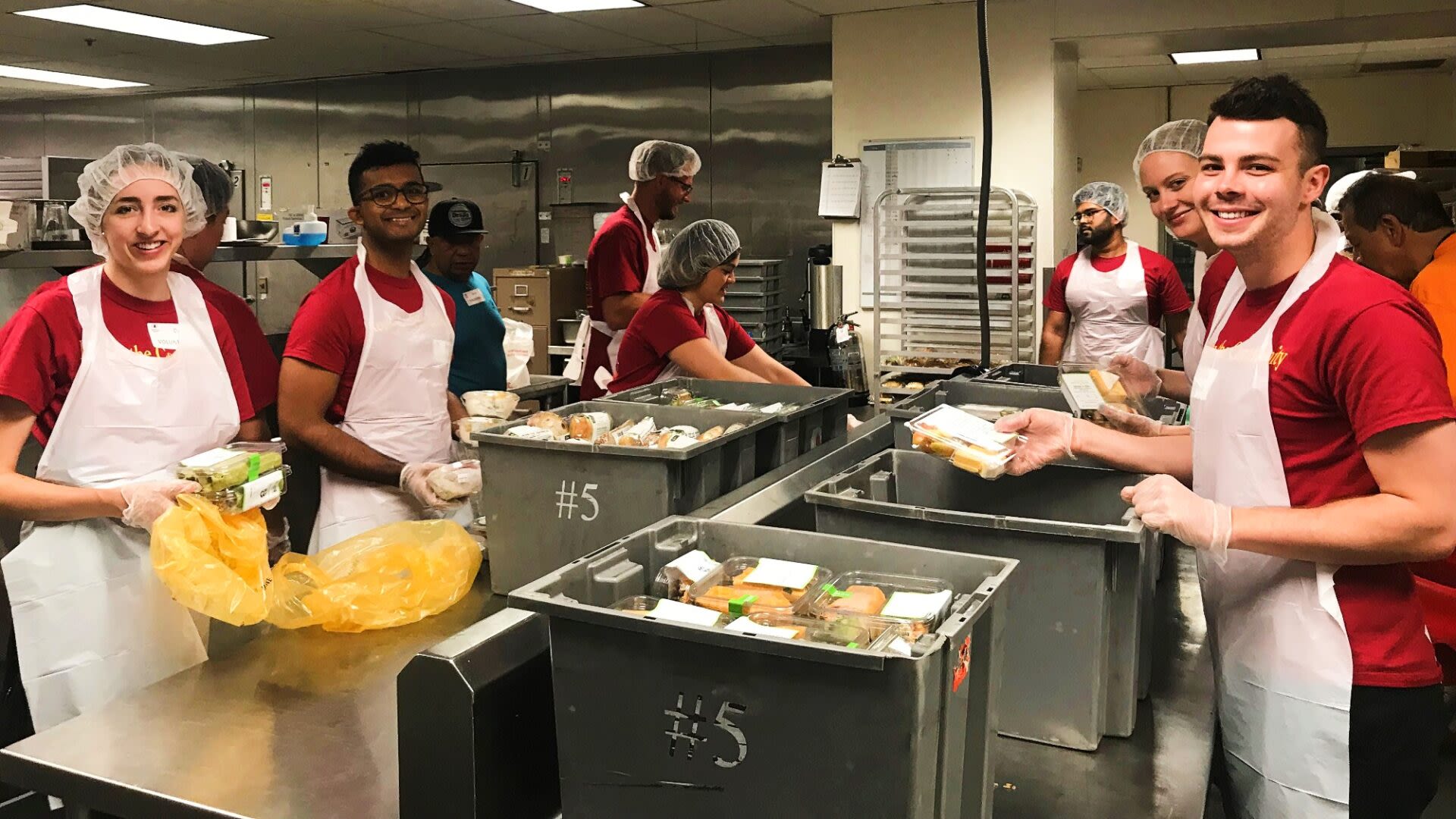

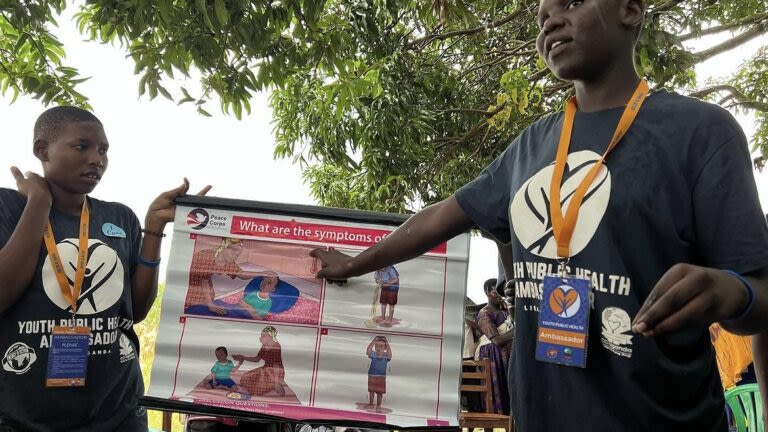

Faculty and Staff Affairs

"This year, we were fortunate to welcome a slew of brilliant experts to our faculty, and to celebrate the numerous outstanding contributions and achievements of our faculty and staff, which extend far and beyond what we are able to highlight in this report. We thank everyone for their dedication, and for devoting their skills, knowledge and time to our mission and to the vital work of population and public health."
Welcome New Faculty
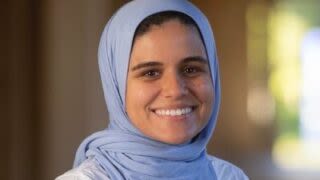
Hoda Abdel Magid, PhD
Assistant Professor of Population and Public Health Sciences
Division of Health Behavior Research
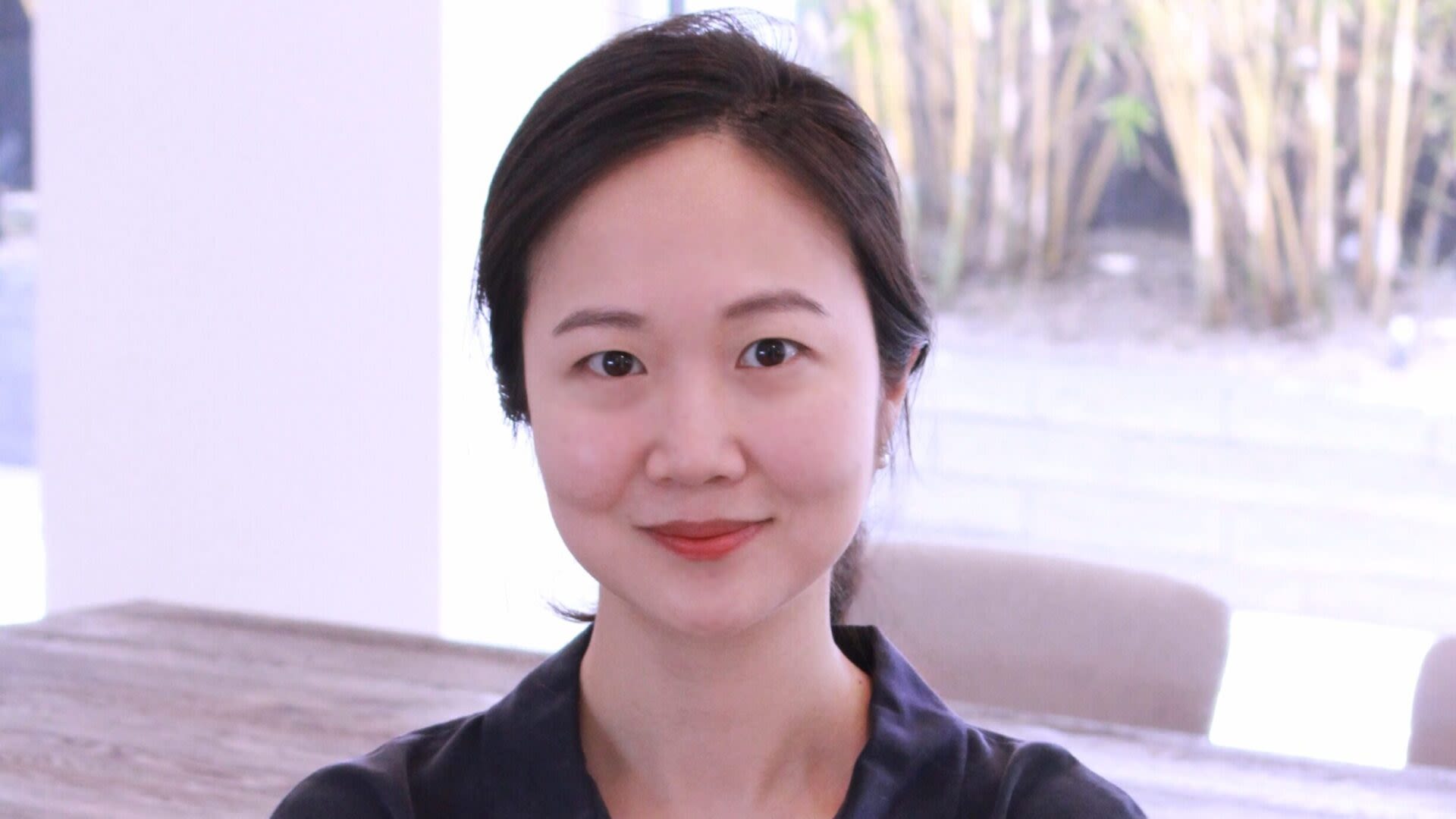
Dayoung Bae, PhD
Assistant Professor of Clinical Population and Public Health Sciences
Division of Health Behavior Research
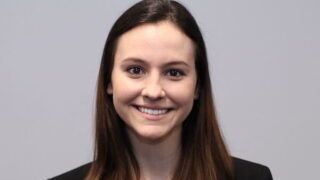
Natalie Delrocco, PhD
Assistant Professor of Clinical Population and Public Health Sciences
Division of Biostatistics

Arun Durvasula, PhD
Assistant Professor of Population and Public Health Sciences
Division of Epidemiology and Genetics
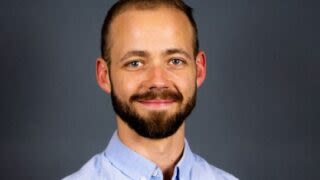
Jesse Goodrich, PhD
Assistant Professor of Population and Public Health Sciences
Division of Environmental Health

Alyssa Harlow, PhD, MPH
Assistant Professor of Clinical Population and Public Health Sciences
Division of Health Behavior Research
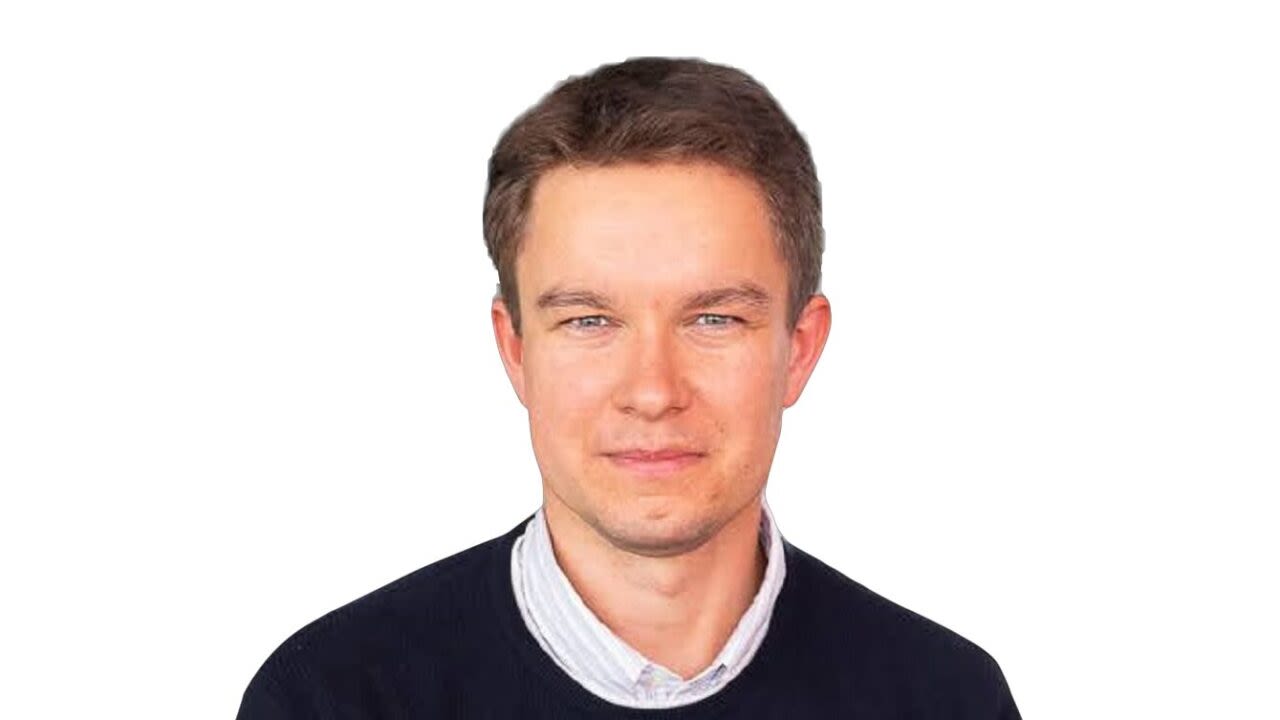
Jakub Hlávka, PhD
Adjunct Clinical Associate Professor of Population and Public Health Sciences
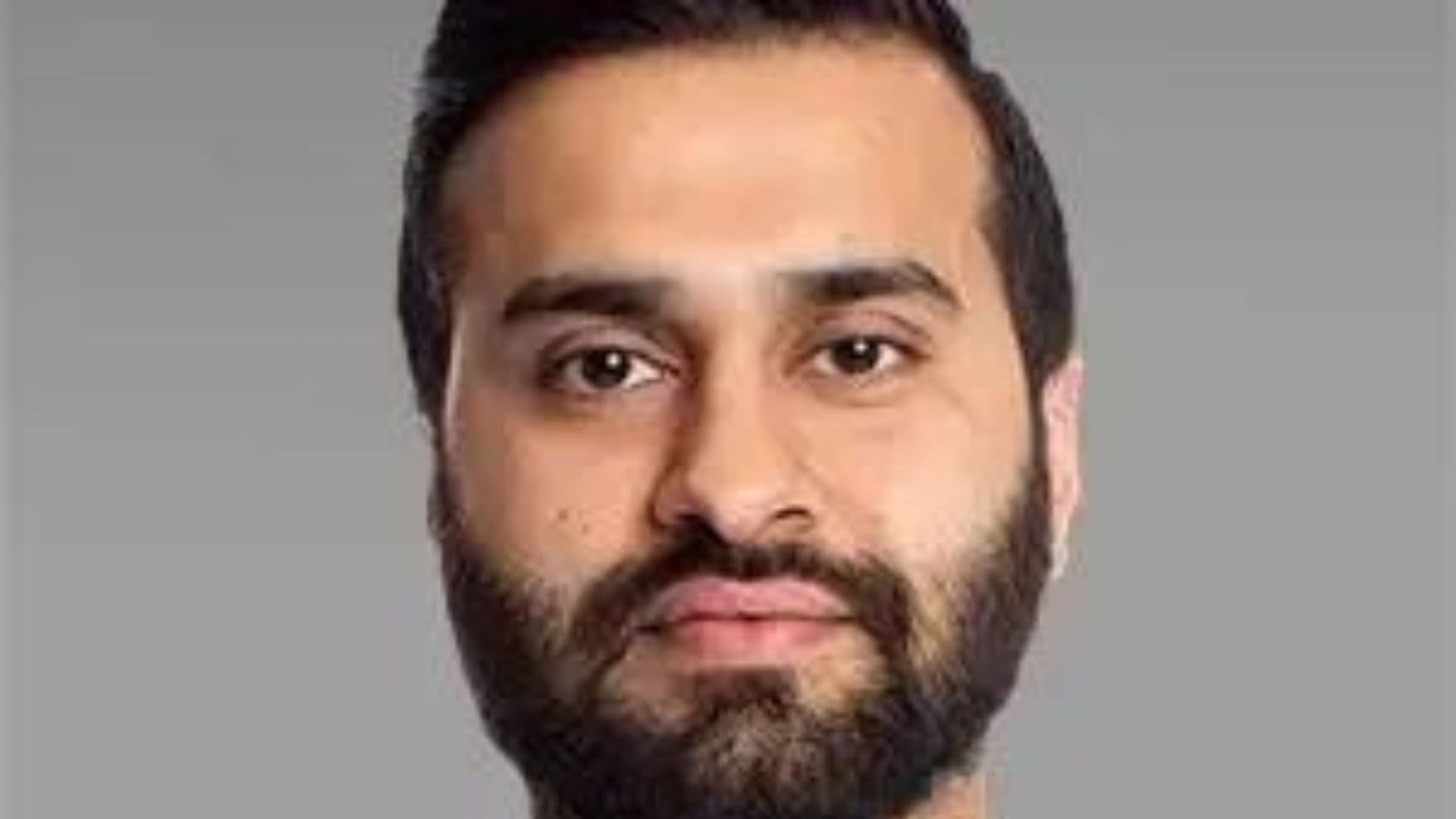
Ans Irfan, MD, EdD, DrPH, ScD, MPH, MRPL
Associate Professor of Population and Public Health Sciences
Division of Environmental Health
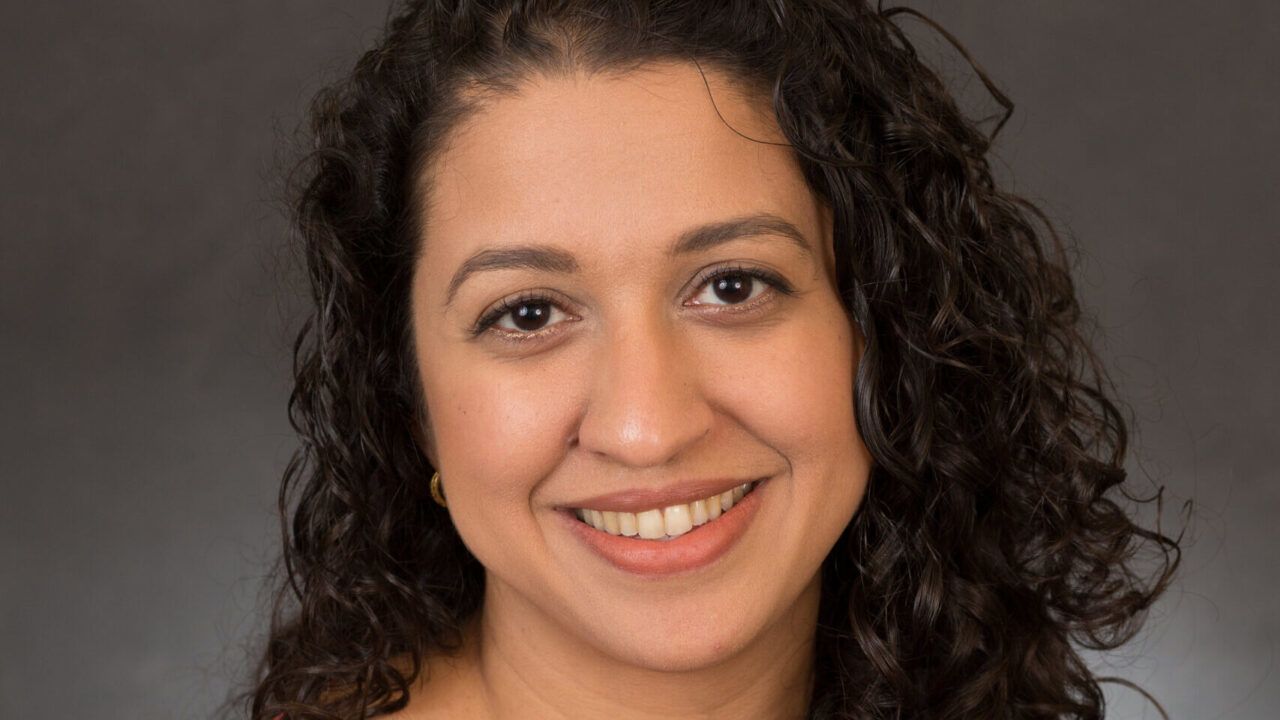
Goleen Samari, PhD, MPH, MA
Associate Professor of Population and Public Health Sciences
Division of Disease Prevention, Policy and Global Health
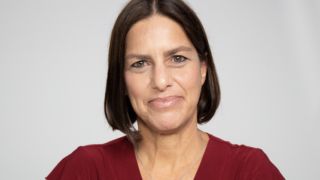
Marlena Schoenberg Fejzo, PhD
Clinical Assistant Professor of Population and Public Health Sciences
Division of Epidemiology and Genetics

April Shu, PhD
Assistant Professor of Population and Public Health Sciences
Division of Epidemiology and Genetics
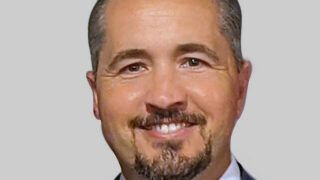
Daniel Soto, EdD, MPH
Assistant Professor of Clinical Population and Public Health Sciences
Division of Health Behavior Research
Staff Profiles
Faculty Awards and Achievements
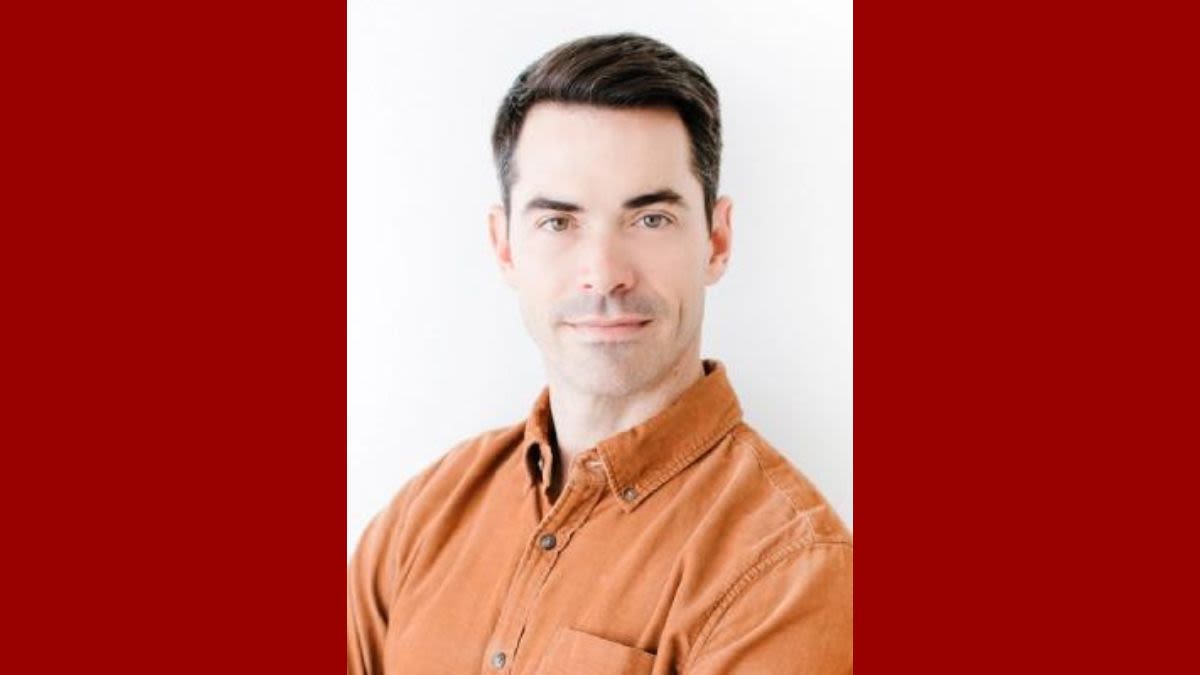
David Black, PhD, MPH
Associate Professor of Population and Public Health Sciences
Visiting Scholar
Stanford Medicine
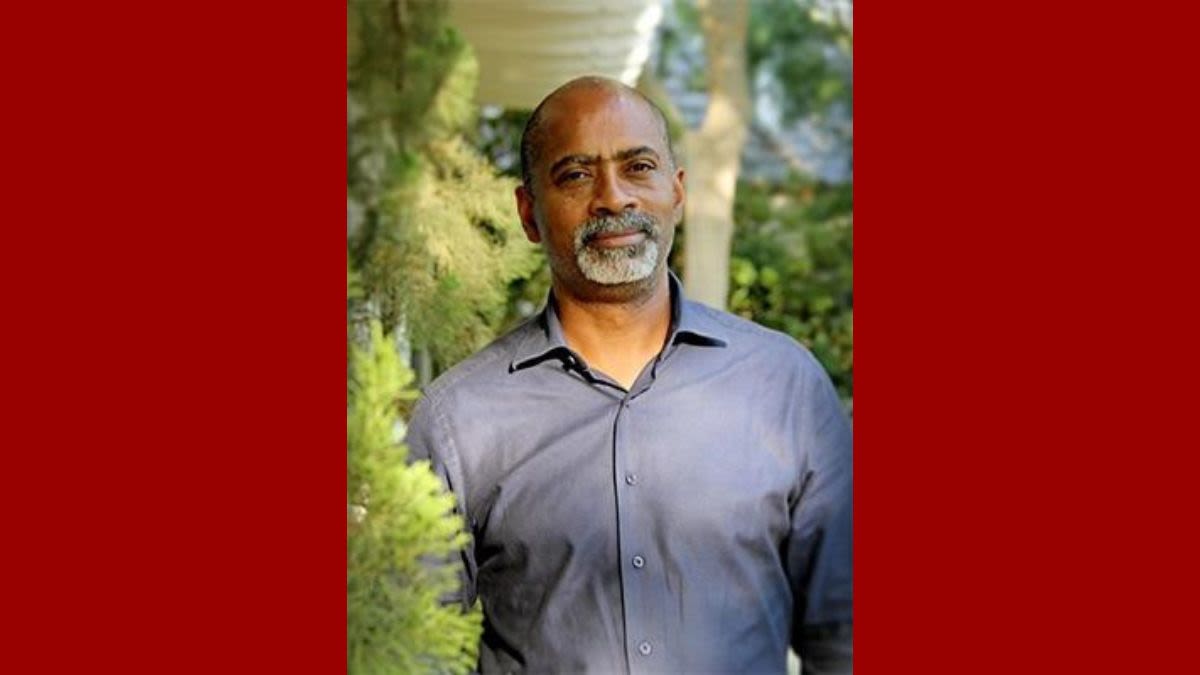
Ricky Bluthenthal, PhD
Distinguished Professor of Population and Public Health Sciences
Keck School of Medicine
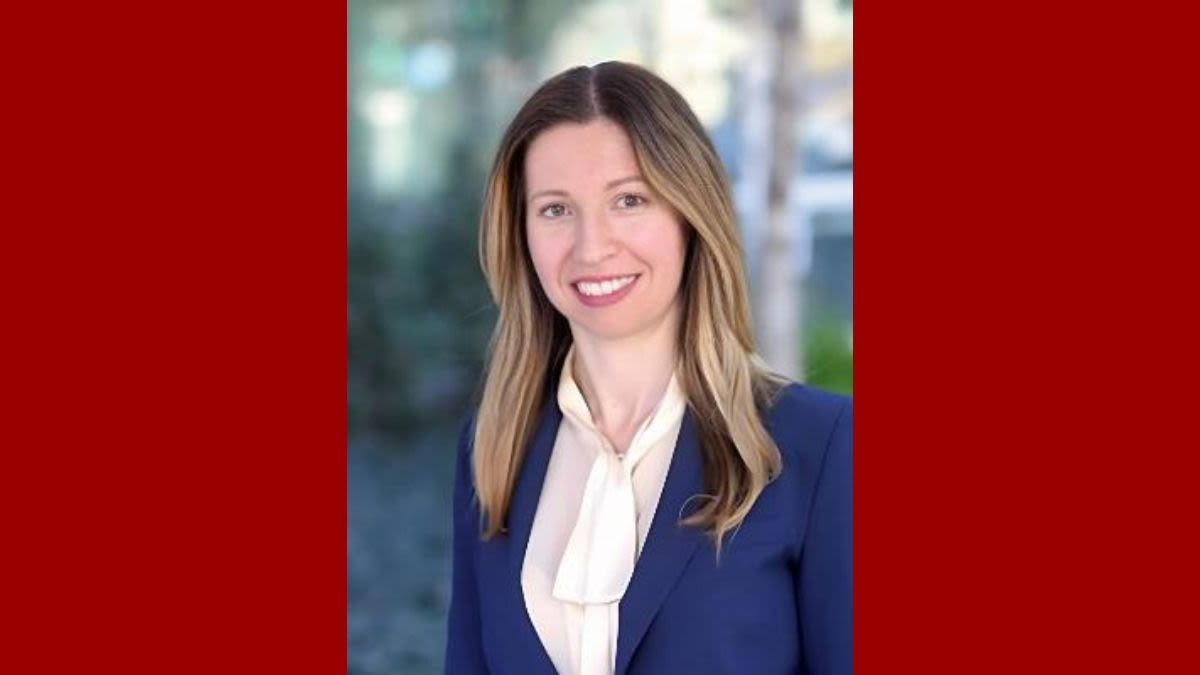
Rita Burke, PhD, MPH
Associate Professor of Clinical Population and Public Health Sciences and Pediatrics
Chair's Citation on Pedagogical Excellence Award
Department of Population and Public Health Sciences
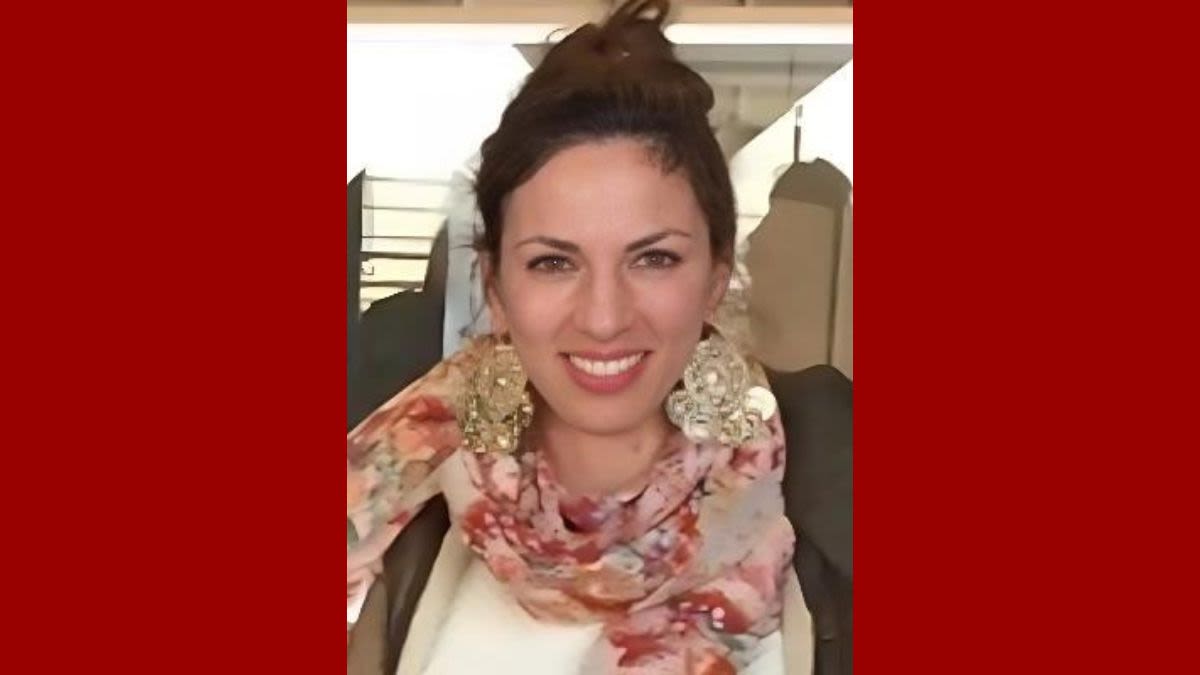
Rachel Carmen Ceasar, PhD
Assistant Professor of Clinical Population and Public Health Sciences
Chair's Citation on Pedagogical Excellence Award
Department of Population and Public Health Sciences
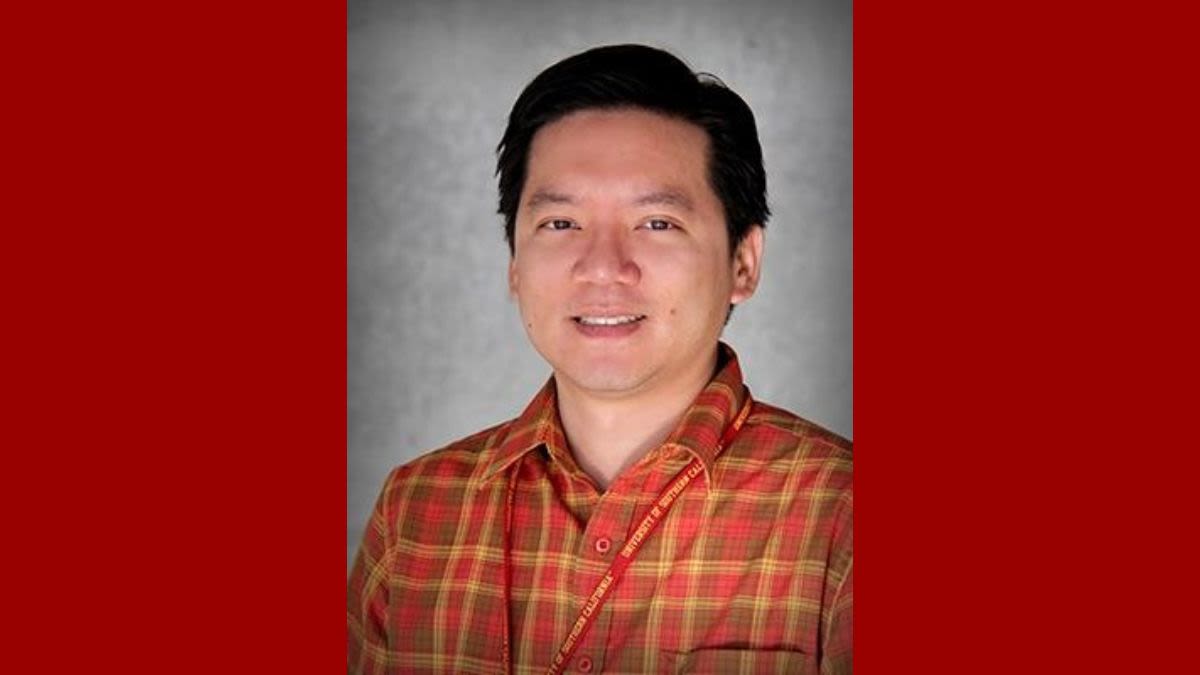
Charleston Chiang, PhD
Associate Professor of Population and Public Health Sciences
Human Genetics and Genomics Advances Award for Outstanding Early Career Publication
American Society of Human Genetics
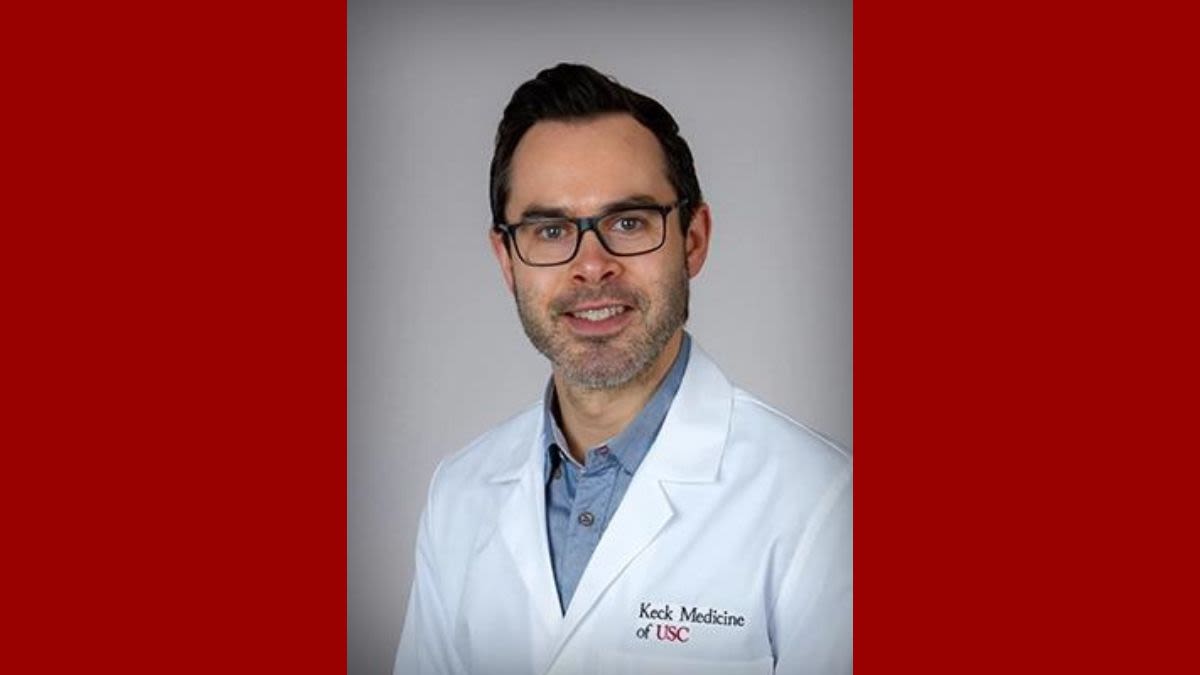
Adam de Smith, PhD
Assistant Professor of Population and Public Health Sciences
Scholar Award
Leukemia & Lymphoma Society
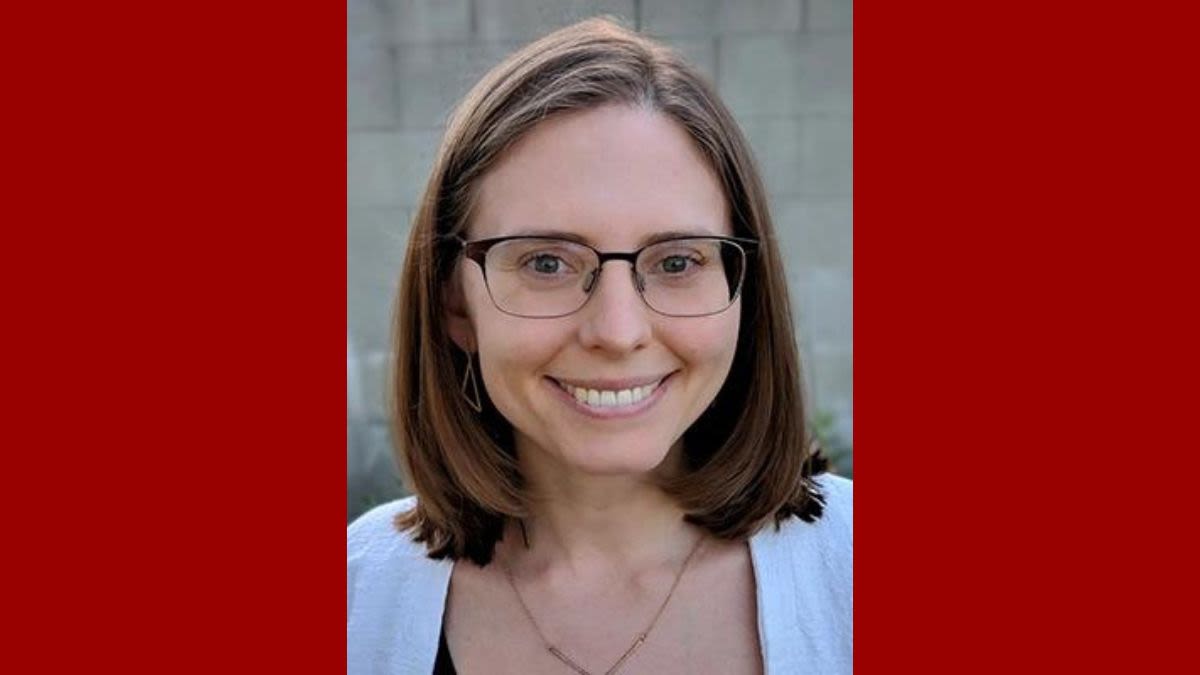
Sandrah Eckel, PhD
Associate Professor of Population and Public Health Sciences
Chair's Citation on Pedagogical Excellence Award
Department of Population and Public Health Sciences
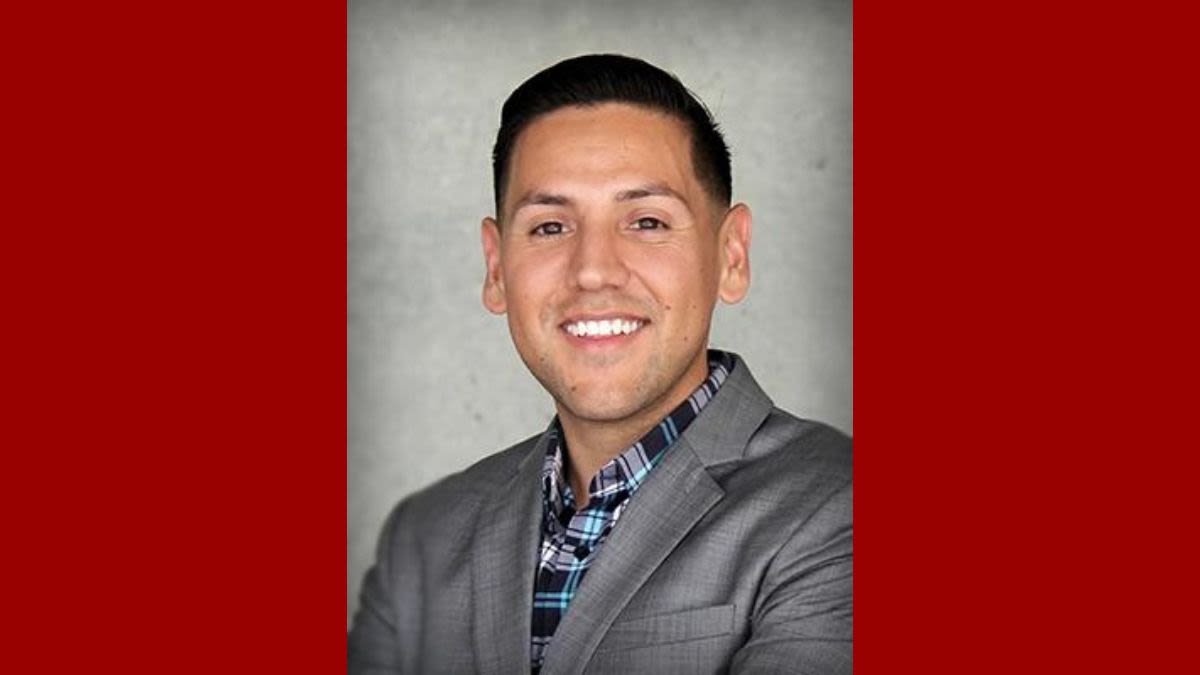
Albert Farias, PhD, MPH
Assistant Professor of Population and Public Health Sciences
USC Mentoring Award for Faculty Mentoring Graduate Students
USC Office of the Provost
and
Outstanding Teaching Award
Department of Medical Education
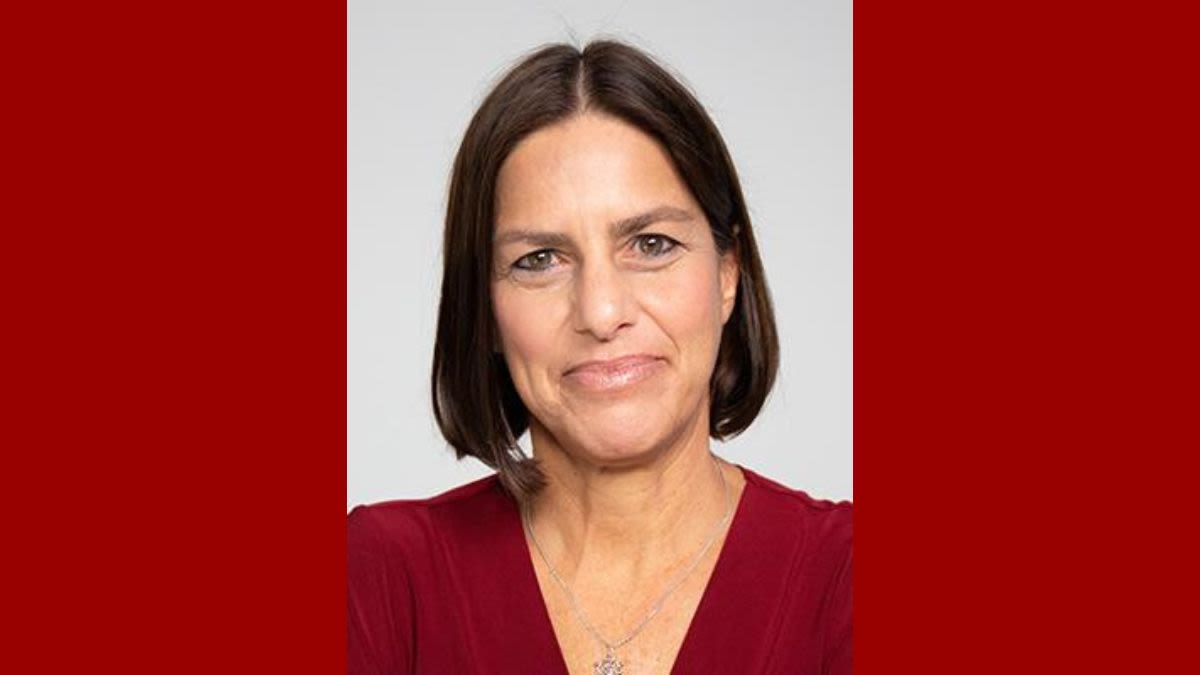
Marlena Schoenberg Fezjo, PhD
Clinical Assistant Professor of Population and Public Health Sciences
2024 "Women of the Year"
Time Magazine
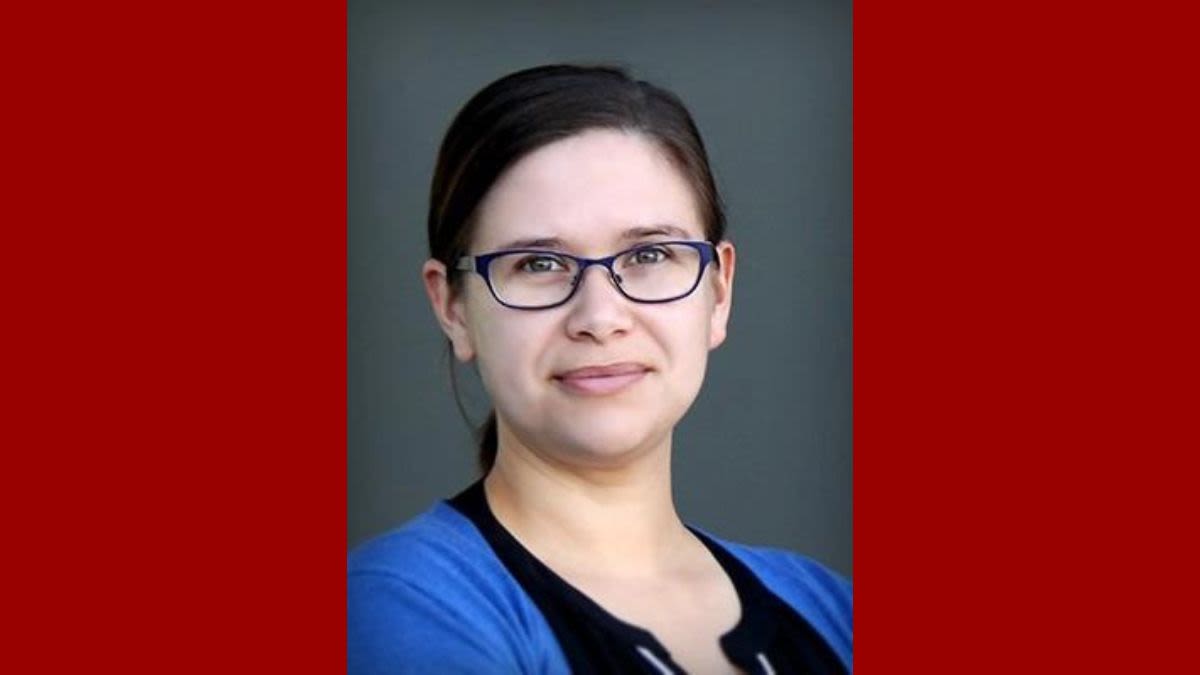
Erika Garcia, PhD, MPH
Assistant Professor of Population and Public Health Sciences
Chair's Citation on Pedagogical Excellence Award
Department of Population and Public Health Sciences
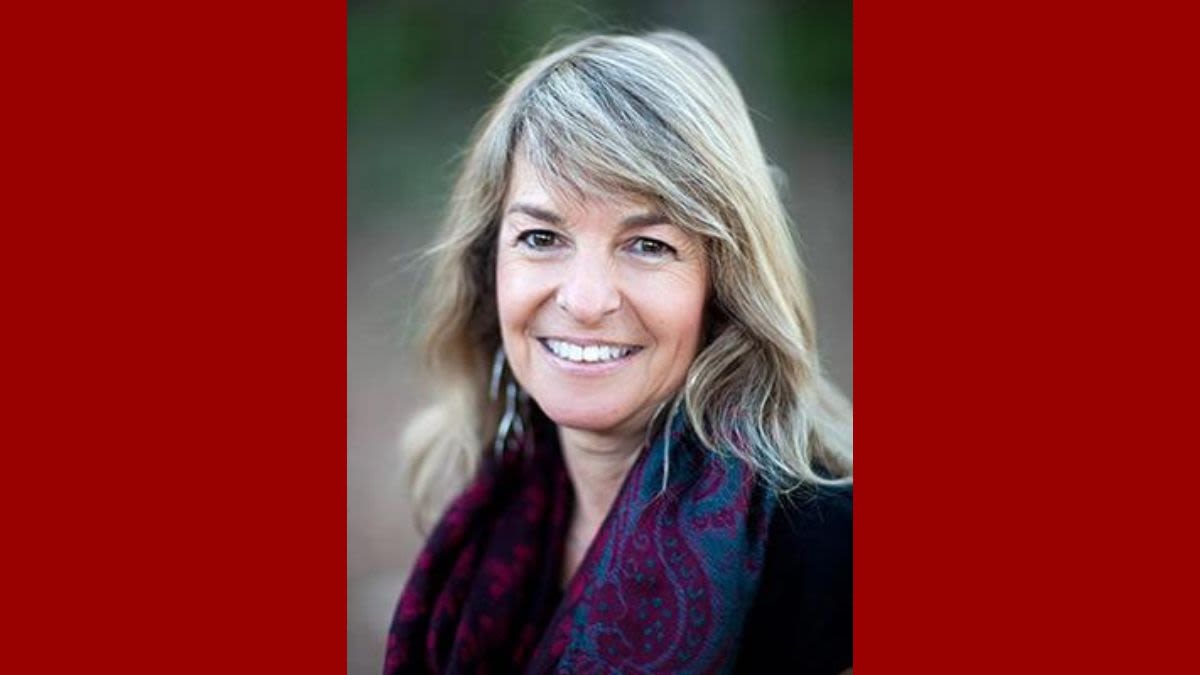
Sofia Gruskin, JD, MIA
Distinguished Professor of Population and Public Health Sciences
Keck School of Medicine
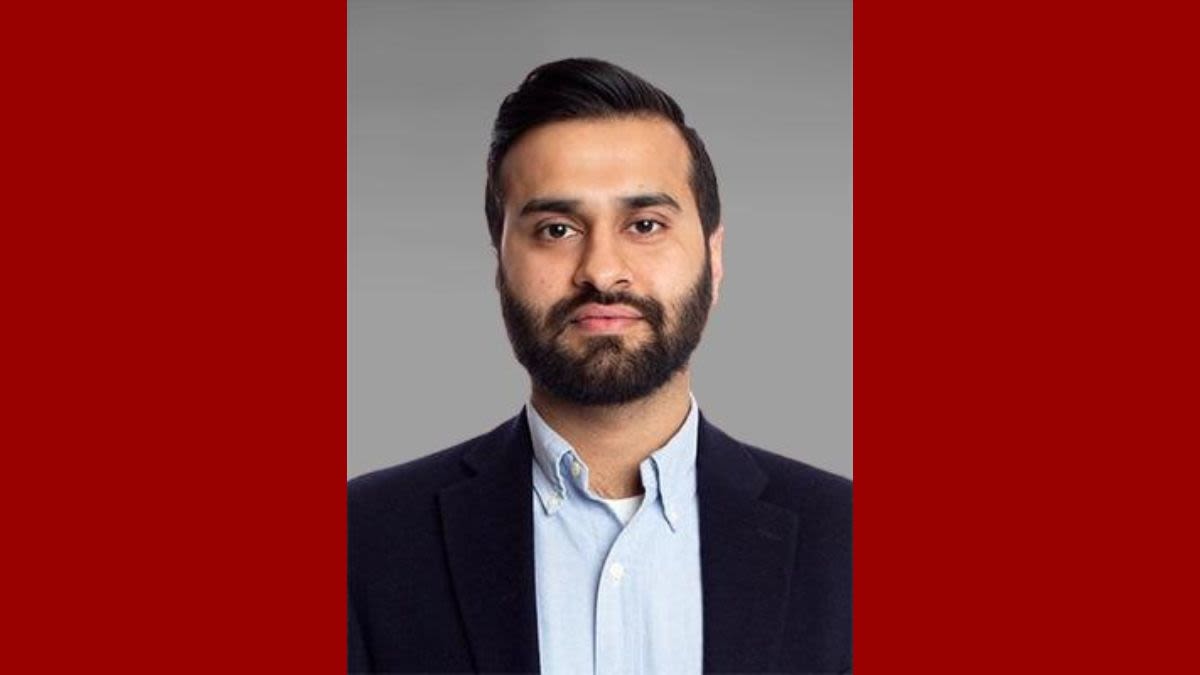
Ans Irfan, MD, EdD, DrPH, ScD, MPH, MRPL
Associate Professor of Clinical Population and Public Health Sciences
Outstanding Faculty Recognition for Sustained Teaching Excellence
Milken Institute School of Public Health, George Washington University
and
Continuous Learning for Antiracist Curricular Change (CLARCC) Fellow
Department of Population and Public Health Sciences
and
Climate Security Fellow
Council on Strategic Risks, The Center for Climate and Security
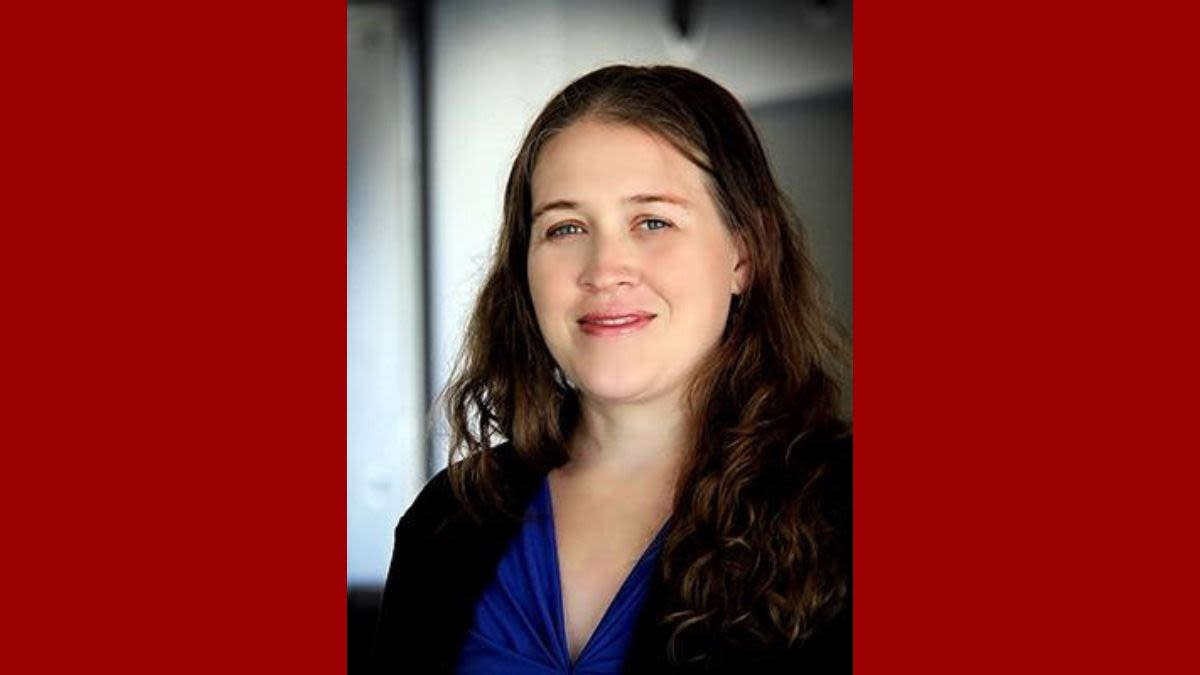
Jill Johnston, PhD
Associate Professor of Population and Public Health Sciences
Angel Award
East Los Angeles Community Youth Center
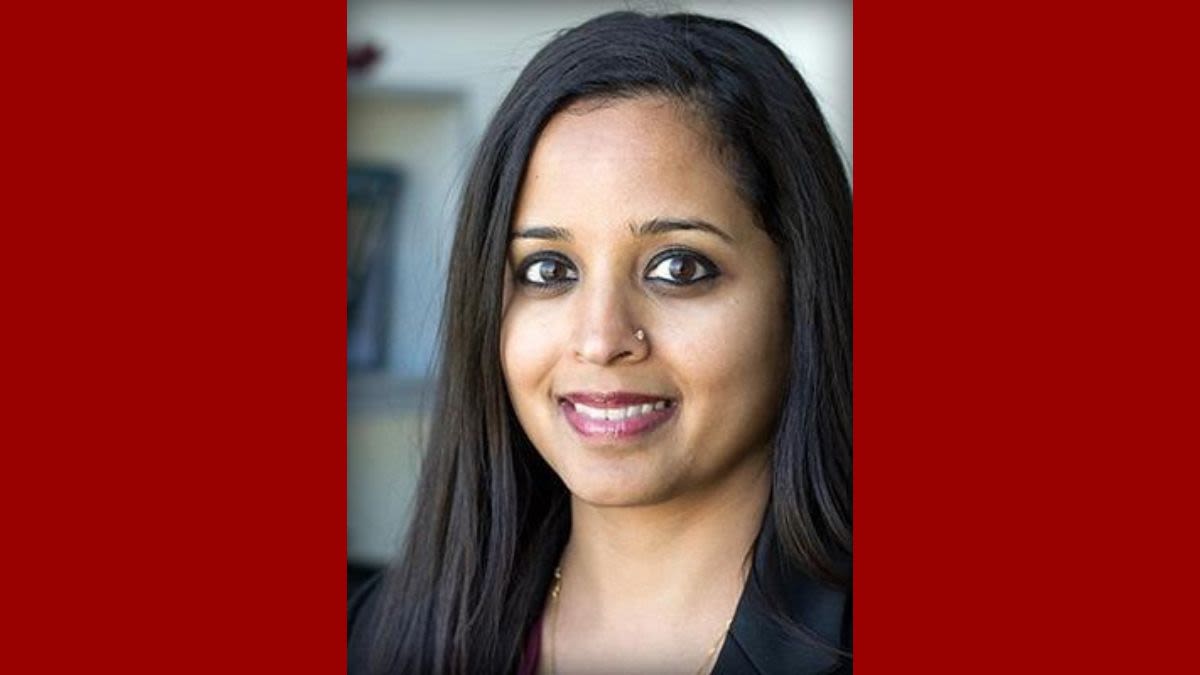
Shubha Kumar, PhD, MPH
Associate Professor of Clinical Population and Public Health Sciences
Chair's Citation on Pedagogical Excellence Award
Department of Population and Public Health Sciences
and
Associate Vice Provost for Online Education
Office of the Provost
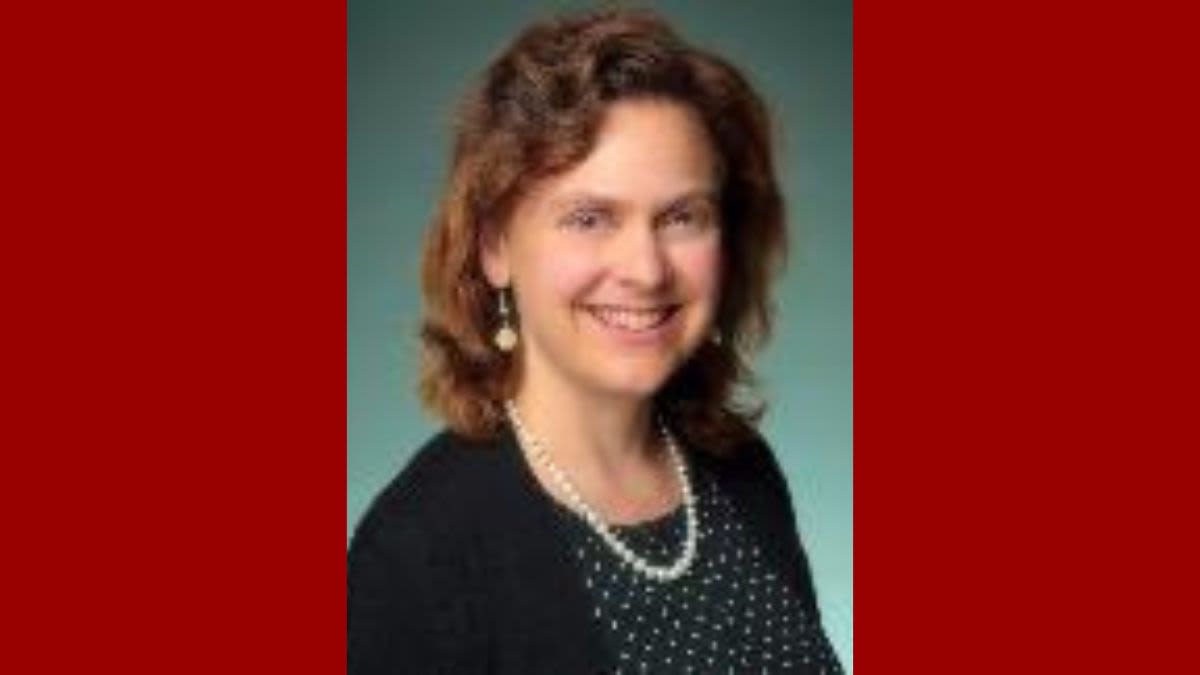
Jo Marie Reilly, MD, MPH*
Professor of Clinical Family Medicine (Educational Scholar)
2023 Society of Teacher's of Family Medicine Innovative Program Award
Society of Teacher's of Family Medicine
and
AY 2023 award in recognition of outstanding KSOM teaching in year 4
Keck School of Medicine of USC
(Department of Family Medicine)
*Joint appointment in the Department of Population and Public Health Sciences
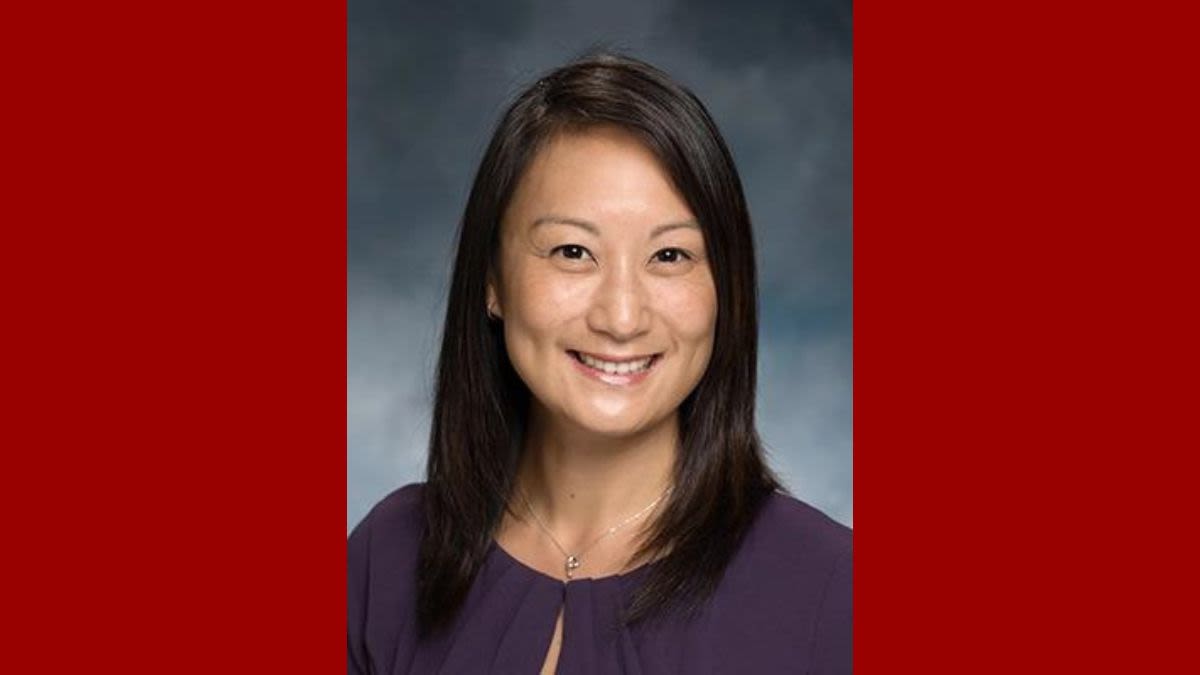
Jennifer Tsui, PhD, MPH
Associate Professor of Population and Public Health Sciences
USC Mentoring Award for Faculty Mentoring Faculty, Postdoctoral Scholars, Medical Residents, and Fellows
USC Office of the Provost
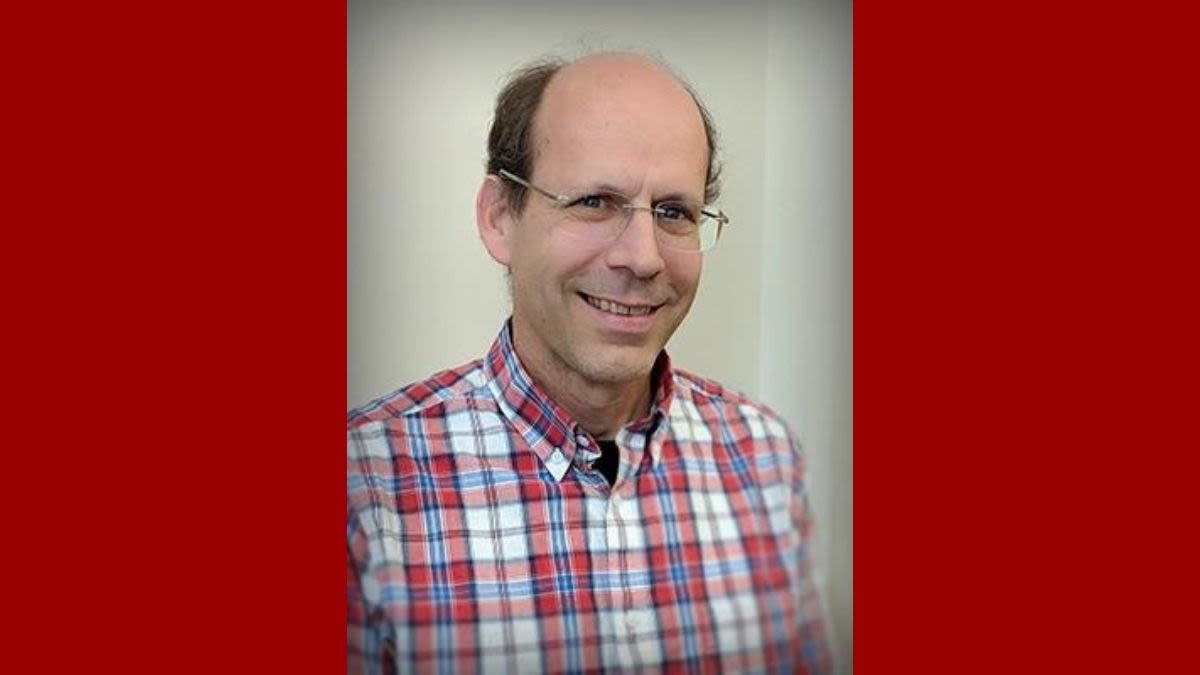
Joseph Wiemels, PhD
Professor of Population and Public Health Sciences
Environmental smoking and inborn genetics: impact on pediatric brain cancers
TRDRP
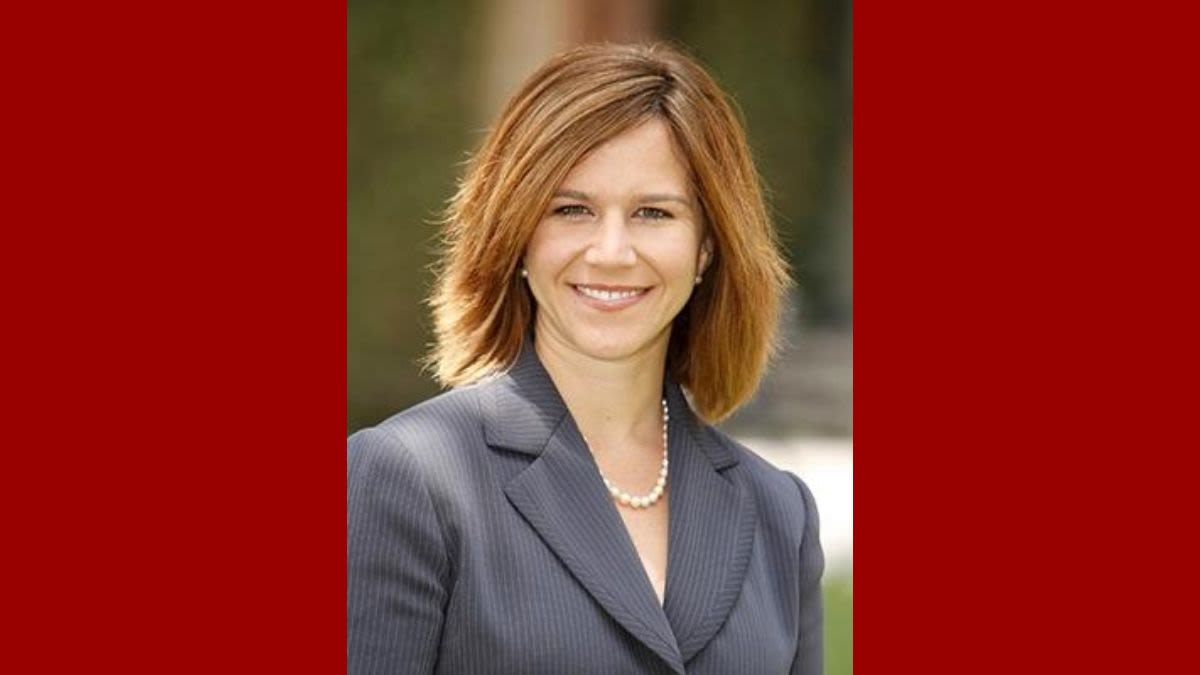
Heather Wipfli, PhD
Professor of Clinical Population and Public Health Sciences and International Relations
Inclusive Pedagogical Excellence Award
Department of Population and Public Health Sciences

Mellissa Withers, PhD, MHS
Associate Professor of Clinical Population and Public Health Sciences
Chair's Citation on Pedagogical Excellence Award
Department of Population and Public Health Sciences
Congratulations
to all of our faculty, staff, students and alumni for their accomplishments this year!
Annual Reports from our Institutes, Centers and Programs
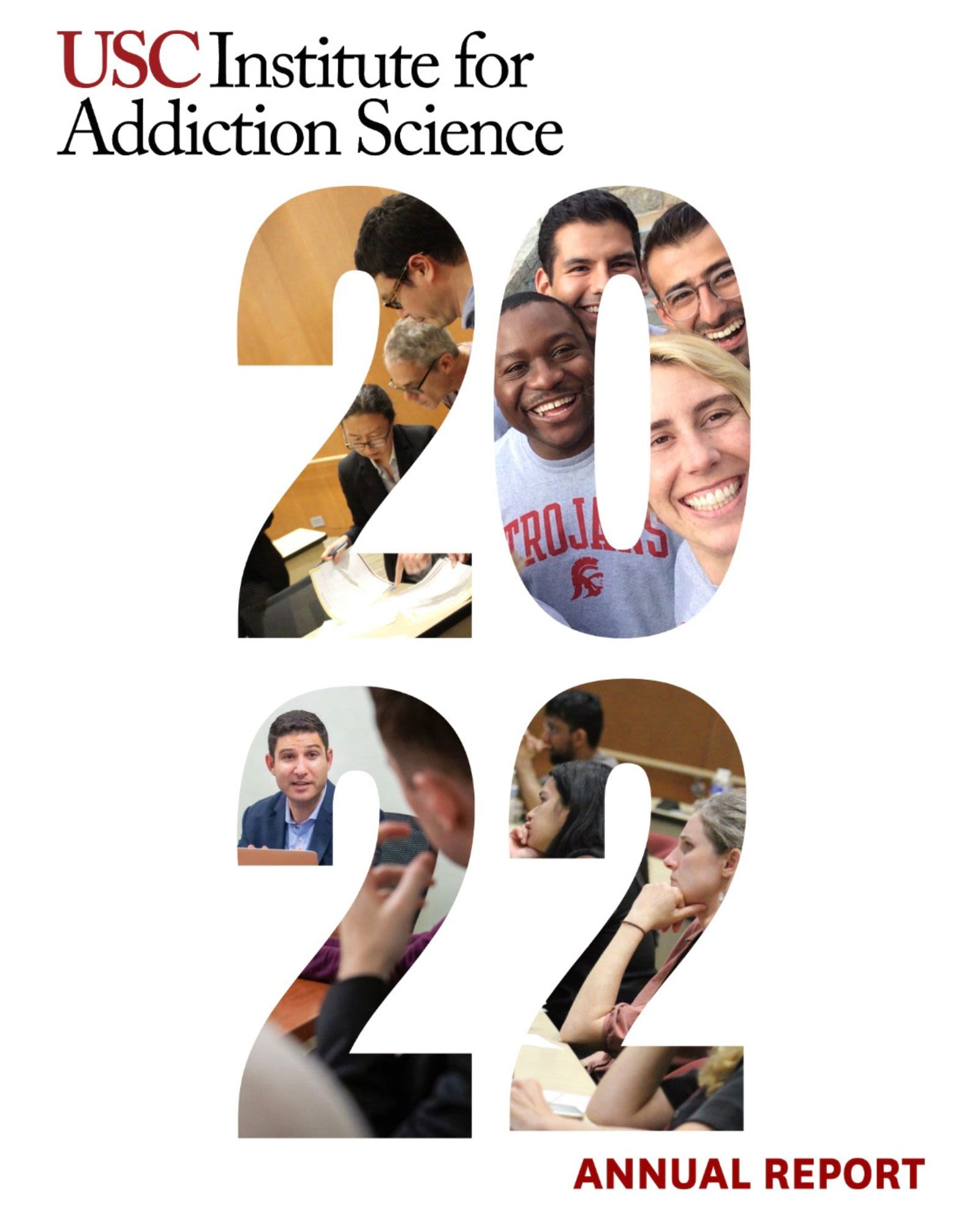
Institute for Addiction Science
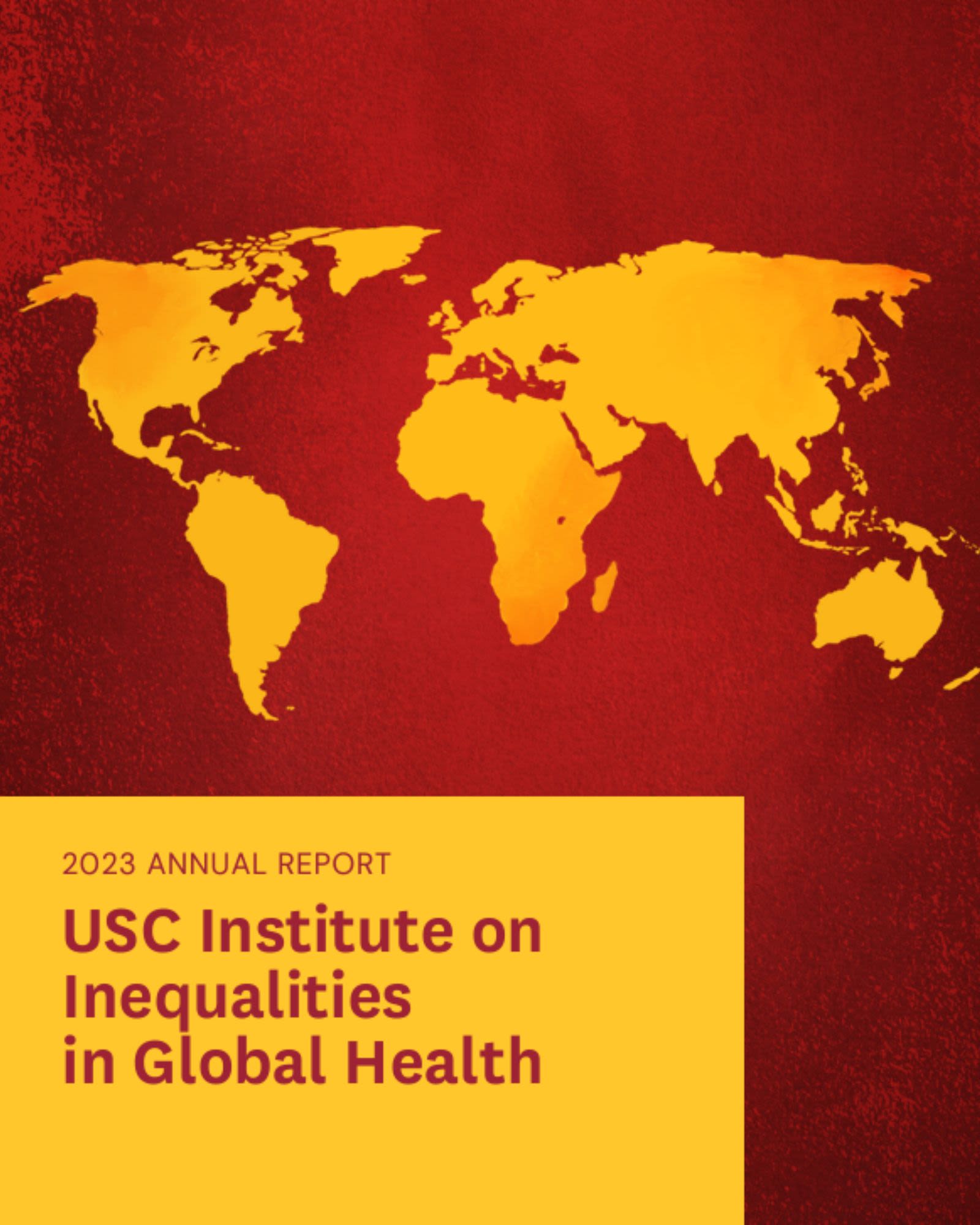
Institute on Inequalities in Global Health

Association of Pacific Rim Universities (APRU)
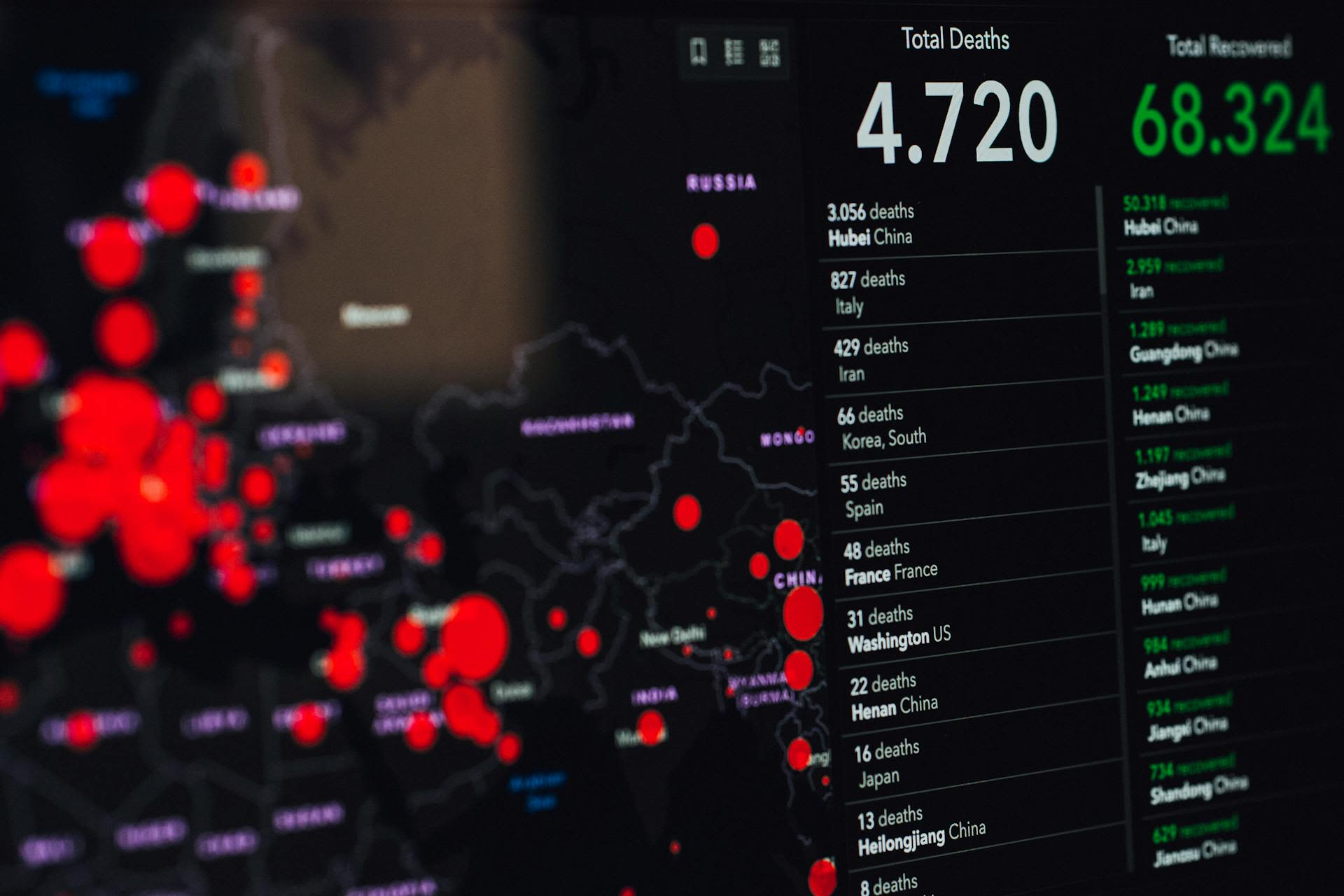
Infectious Disease Epidemiology and Applied Studies (IDEAS)

Southern California Environmental Health Sciences Center

Southern California Evidence Review Center
Support our work
Philanthropic support on every scale makes a difference in areas of innovation and in training the future leaders in the field.
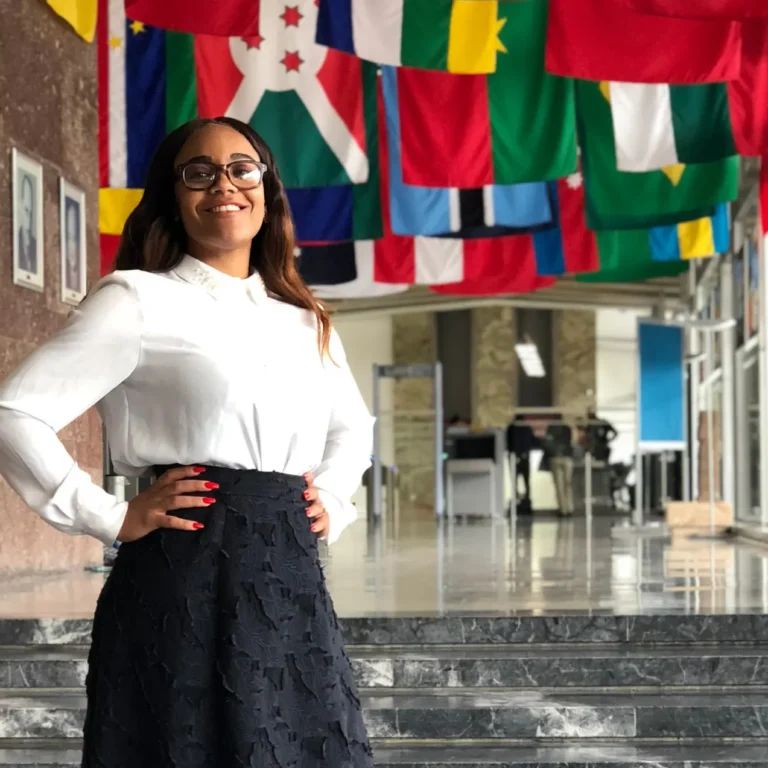
Connect With Us
Department of Population and Public Health Sciences
Keck School of Medicine of USC
1845 N. Soto St
Los Angeles, CA 90032
323-442-7200
Explore philanthropic partnership opportunities
Karen Thomas
Director of Development
karentho@usc.edu
© 2023 Keck School of Medicine of USC. All rights reserved.








